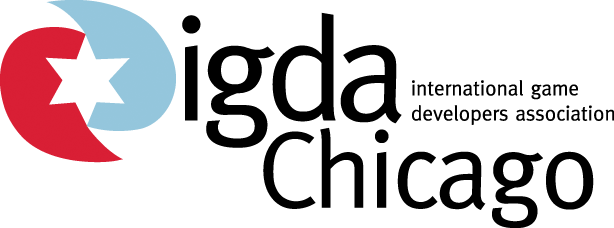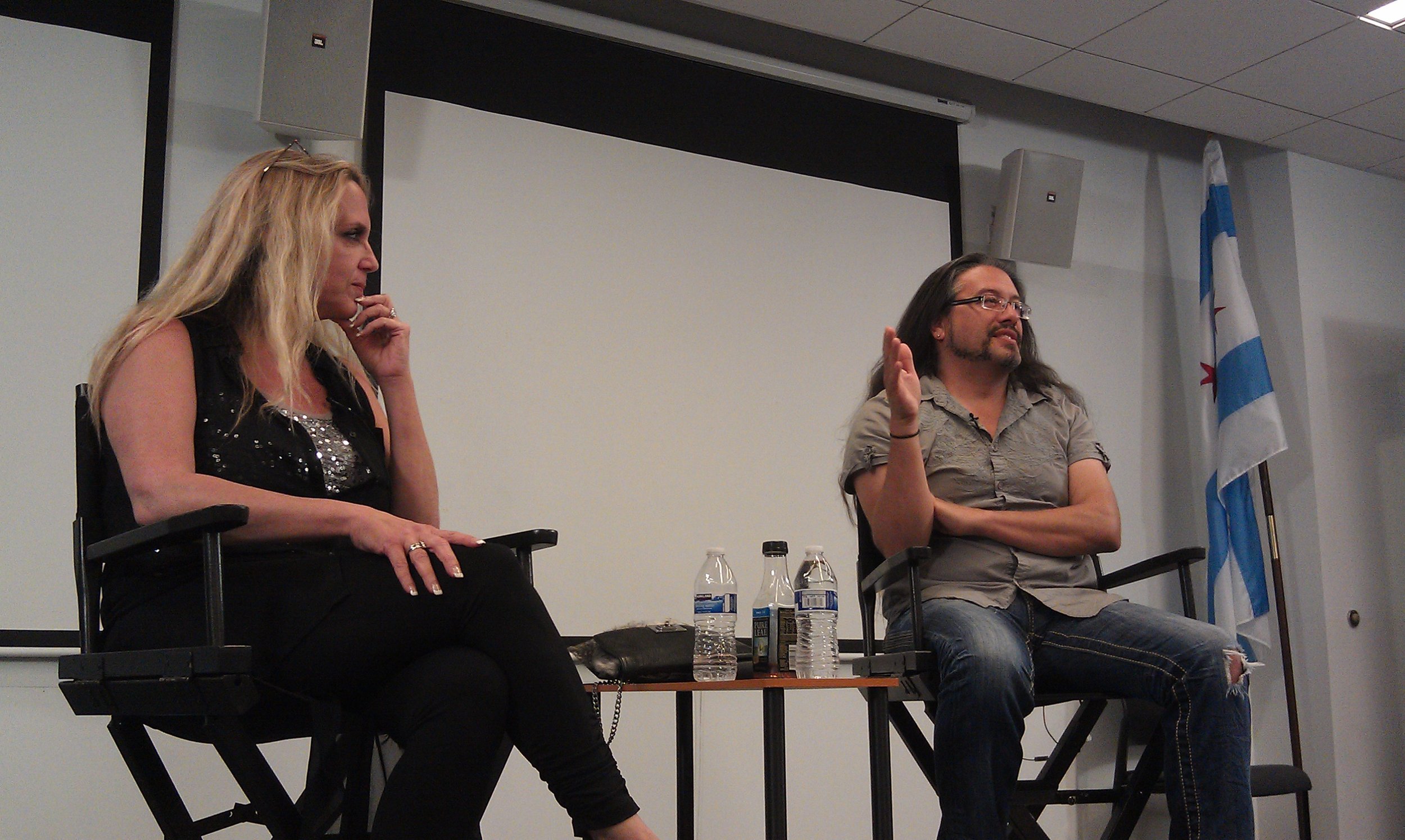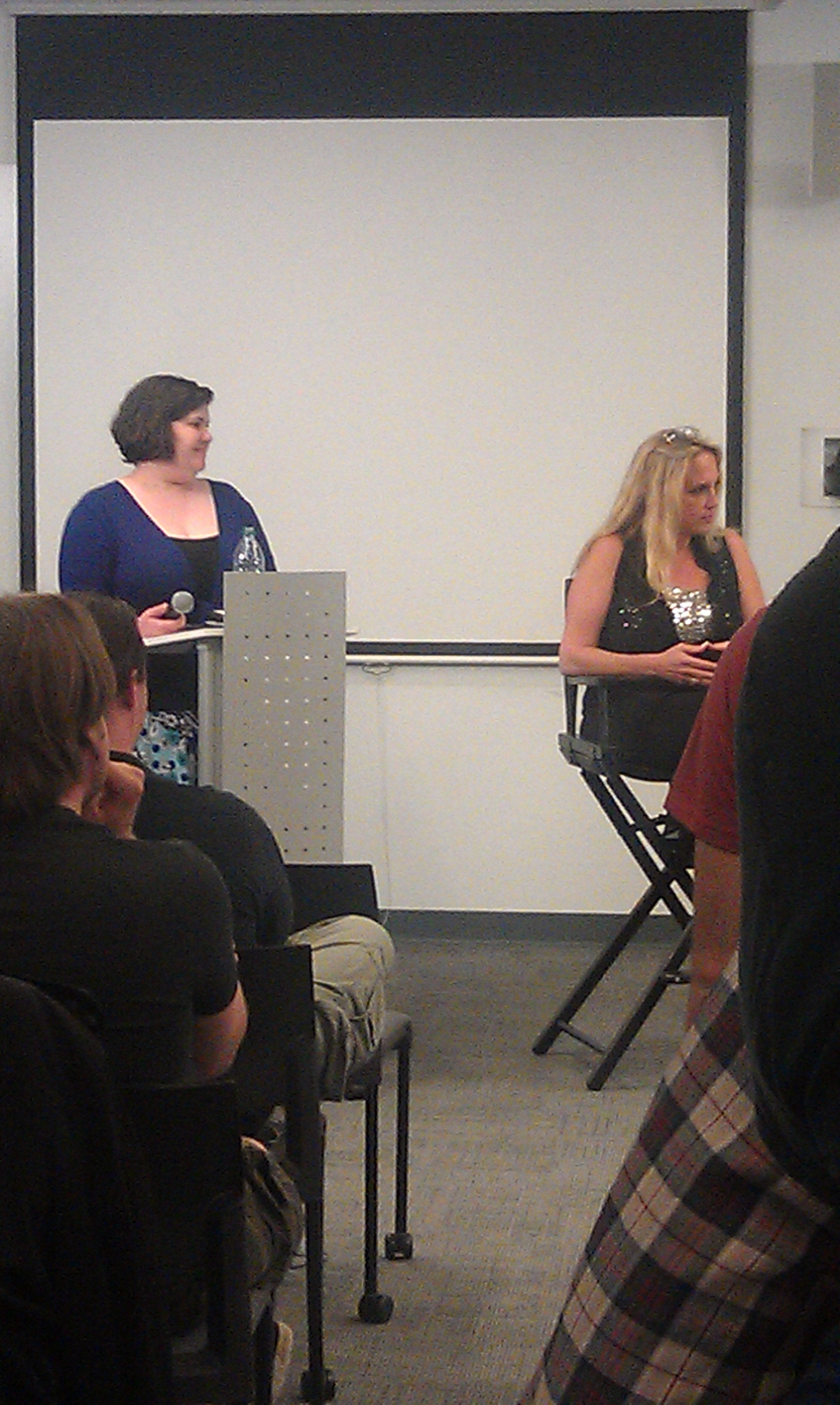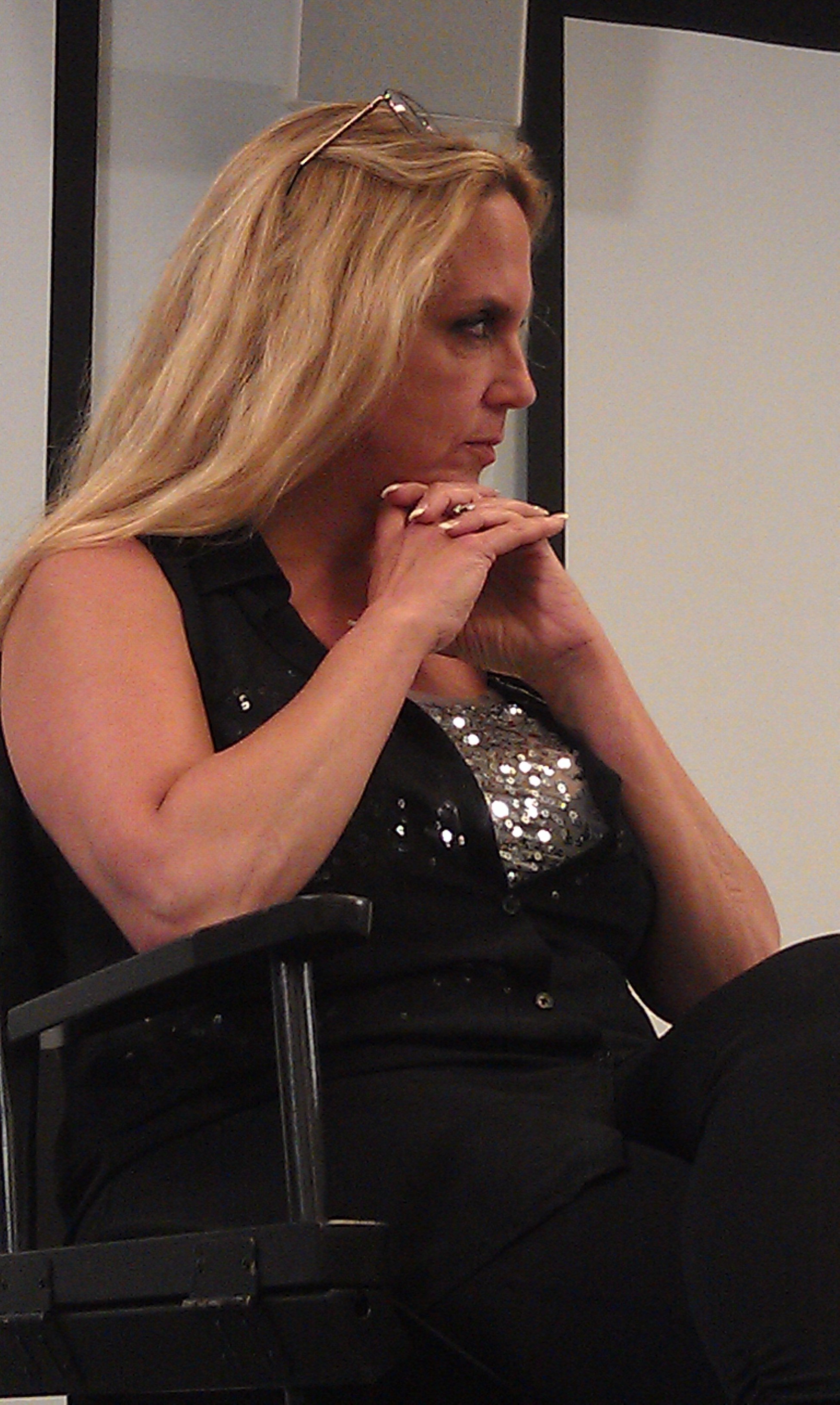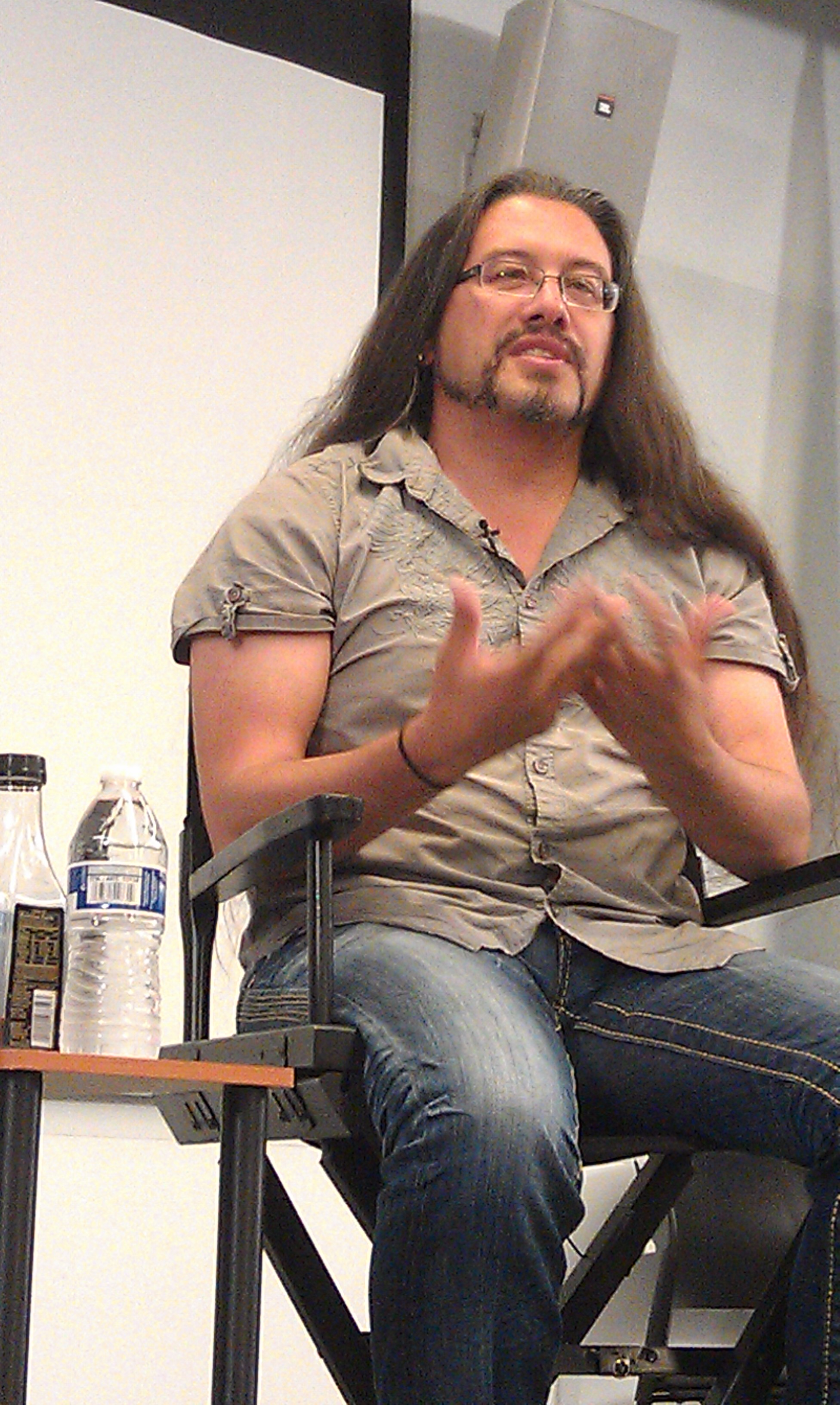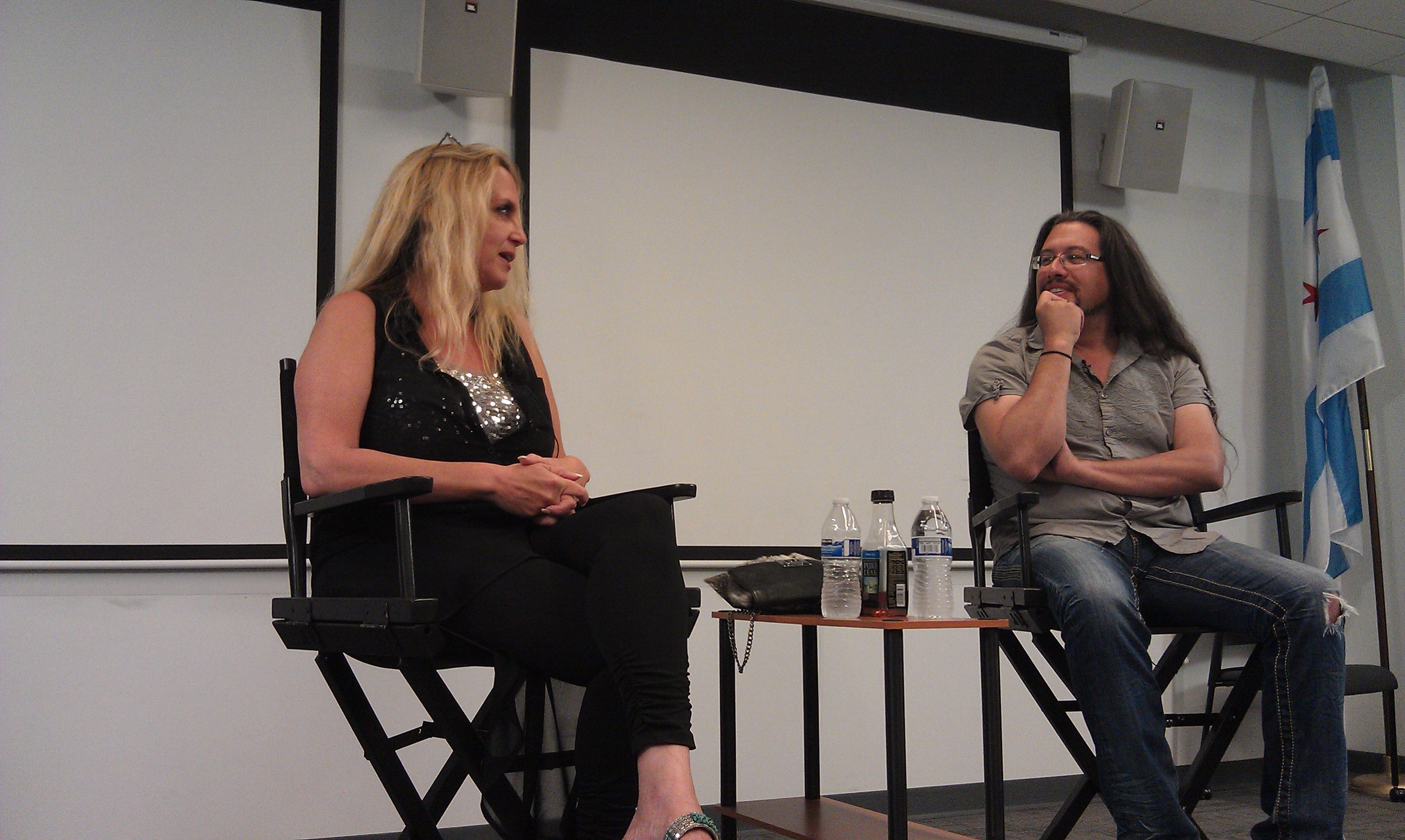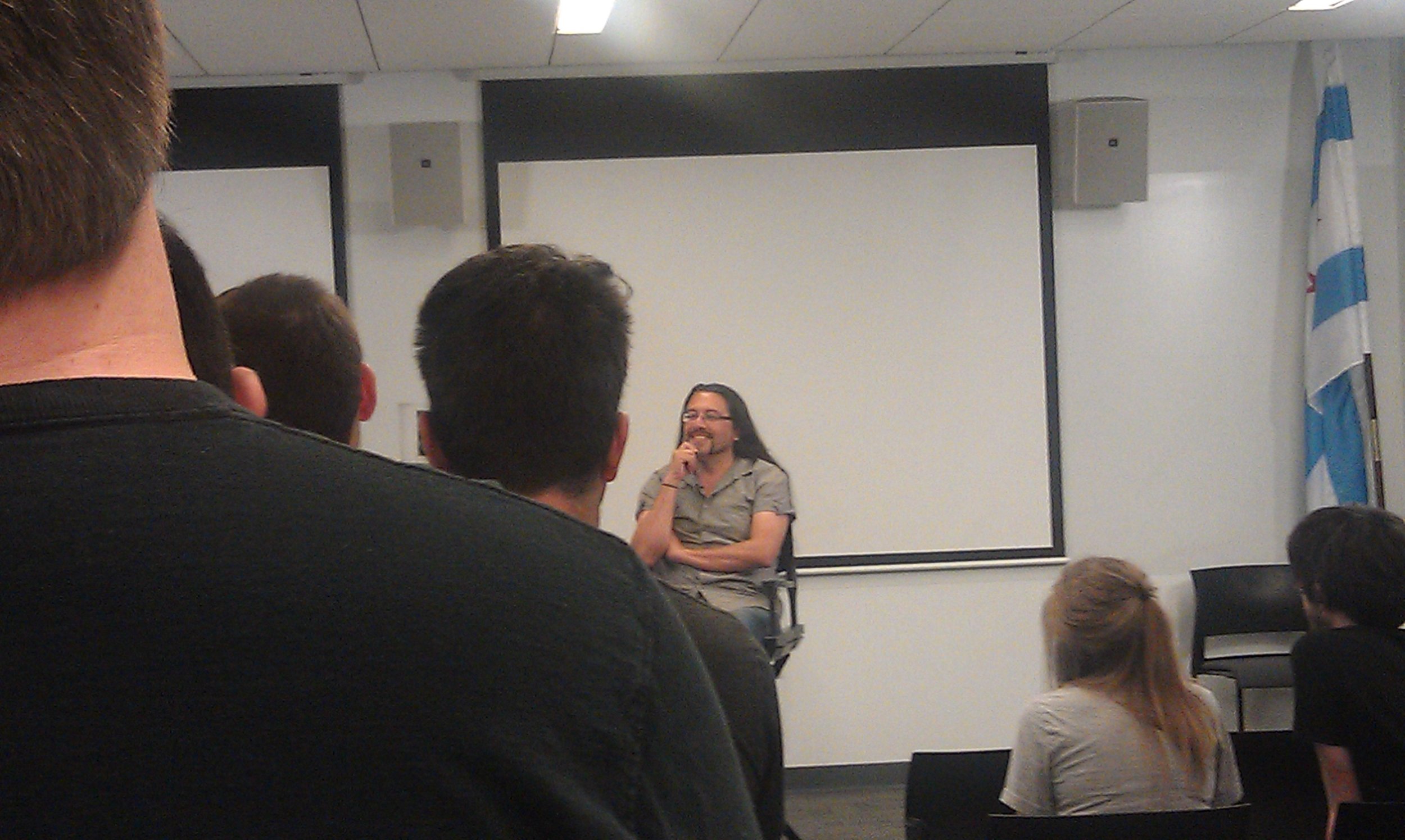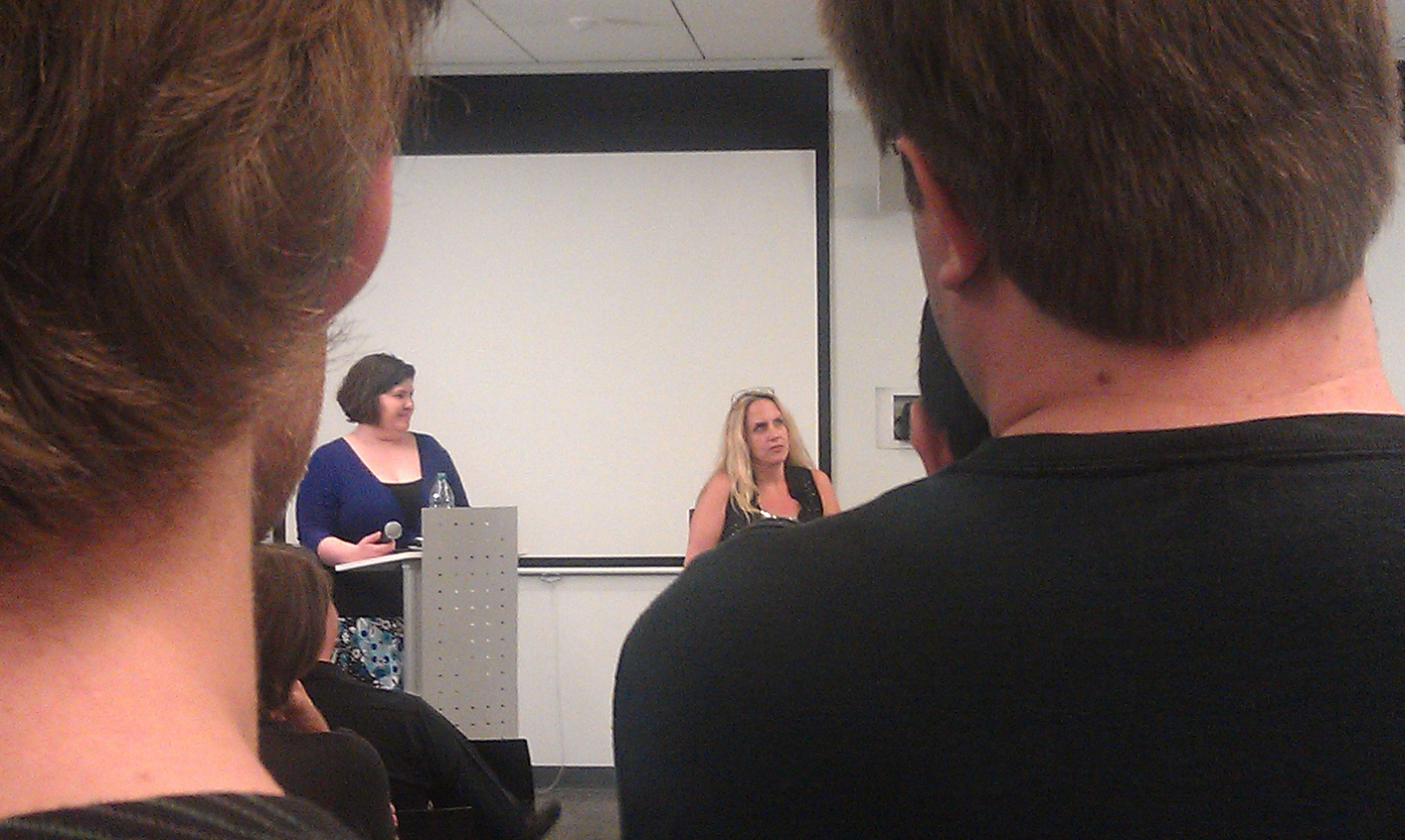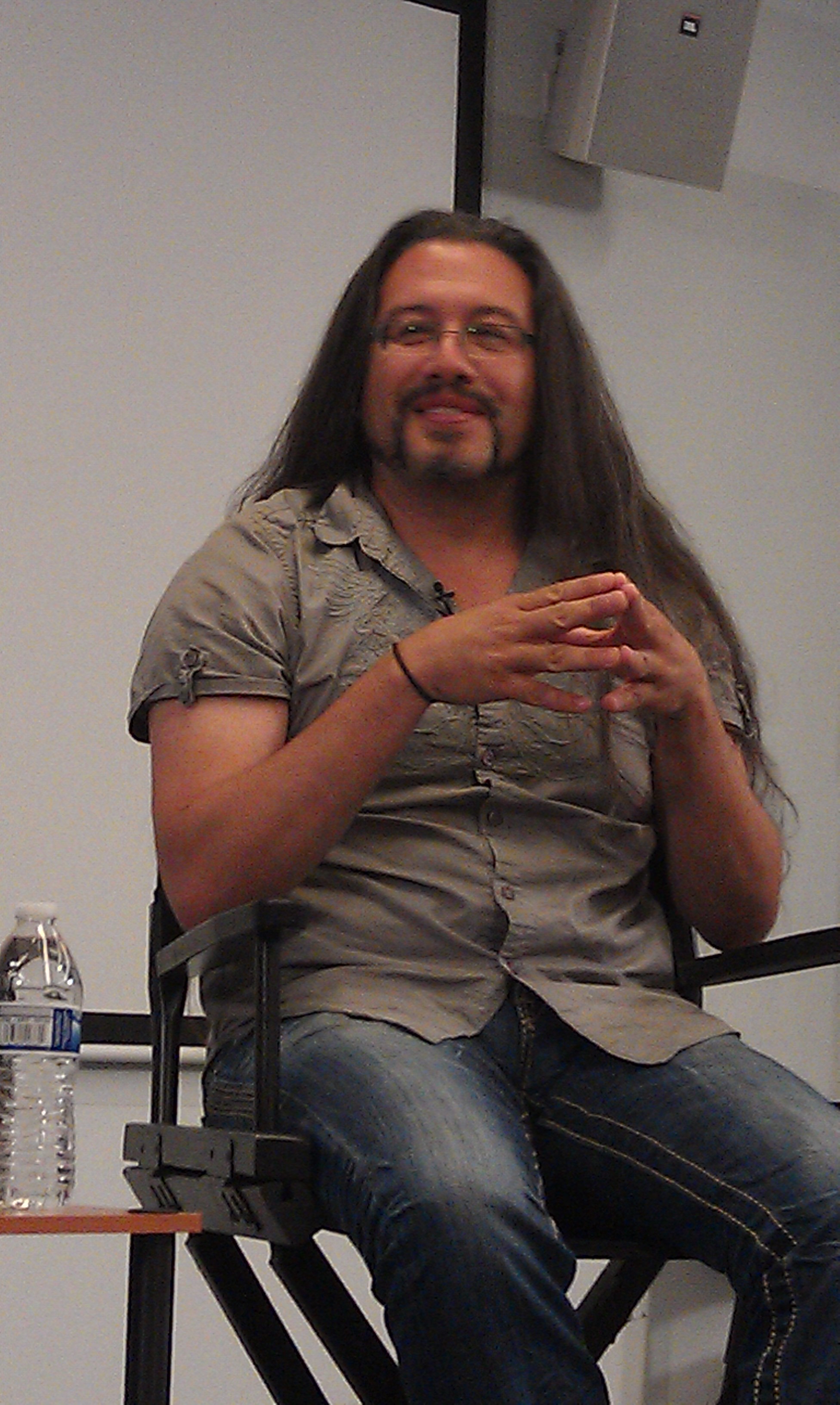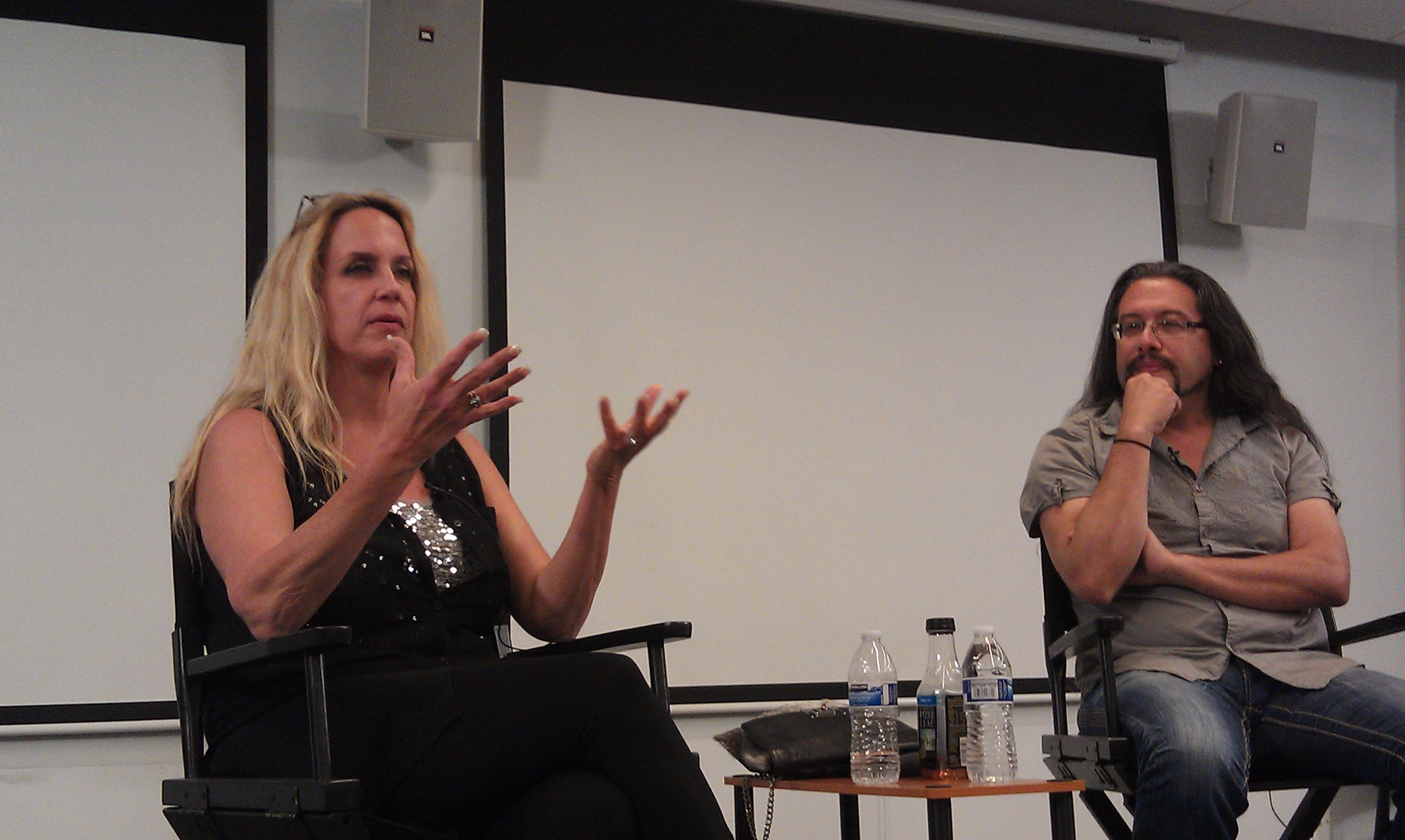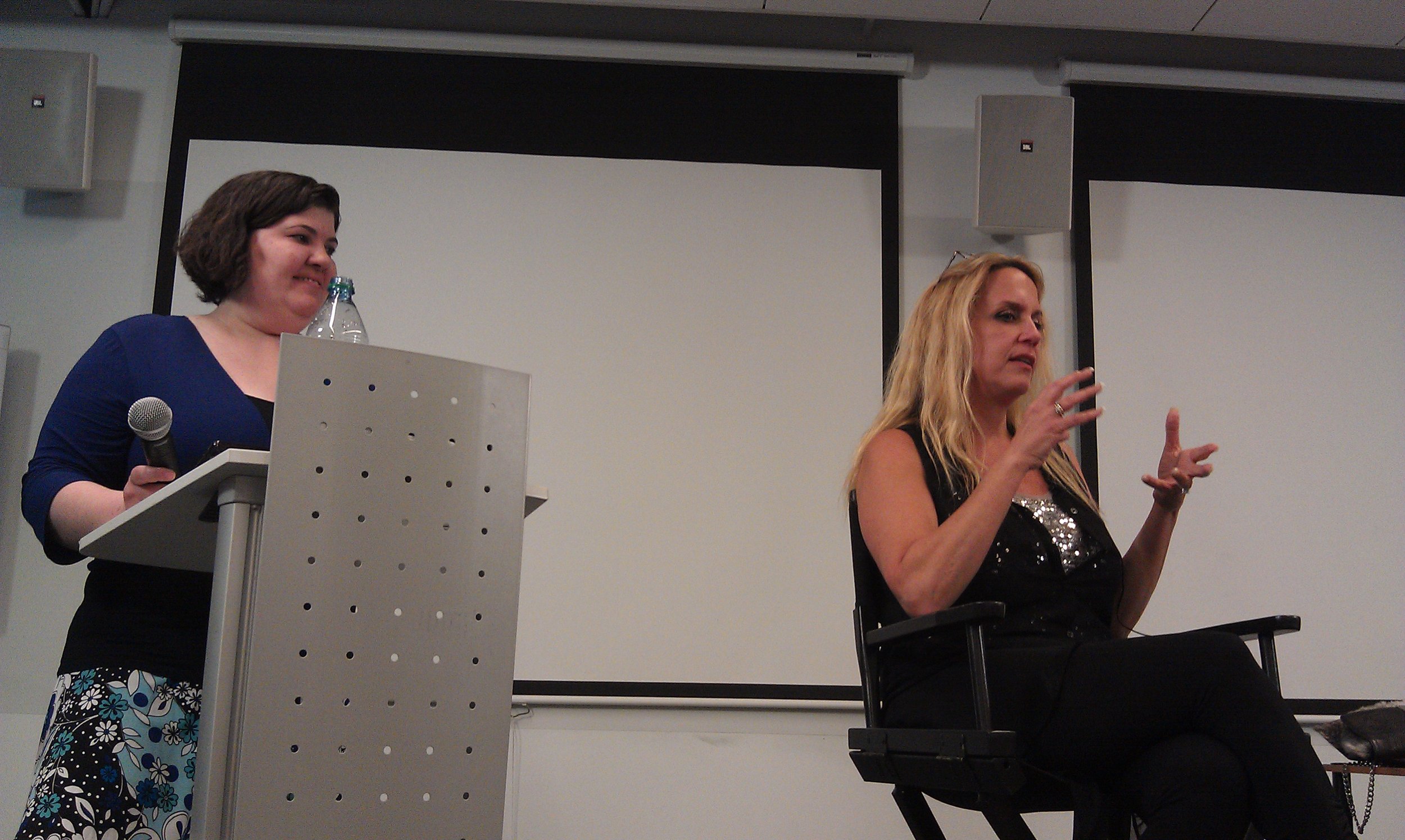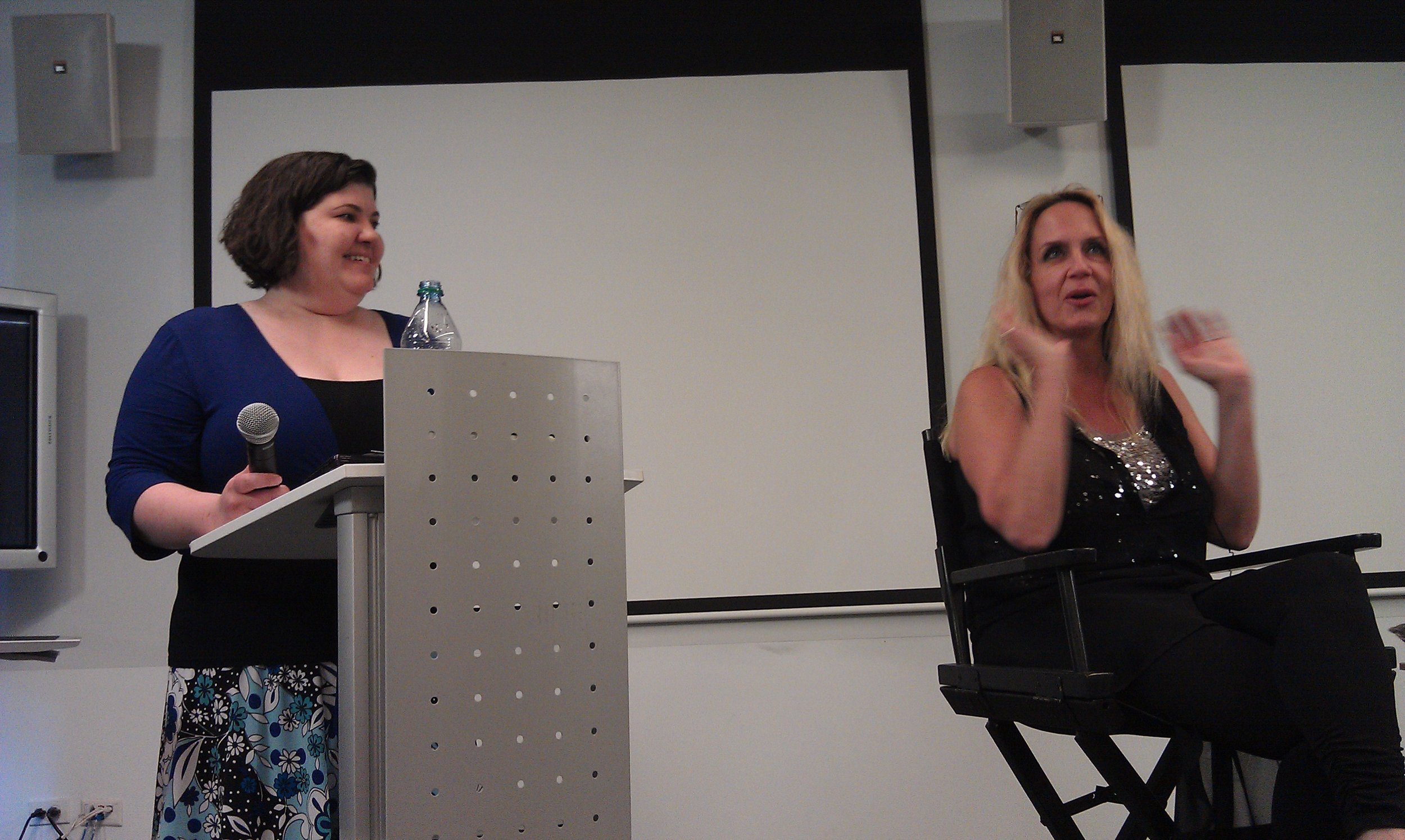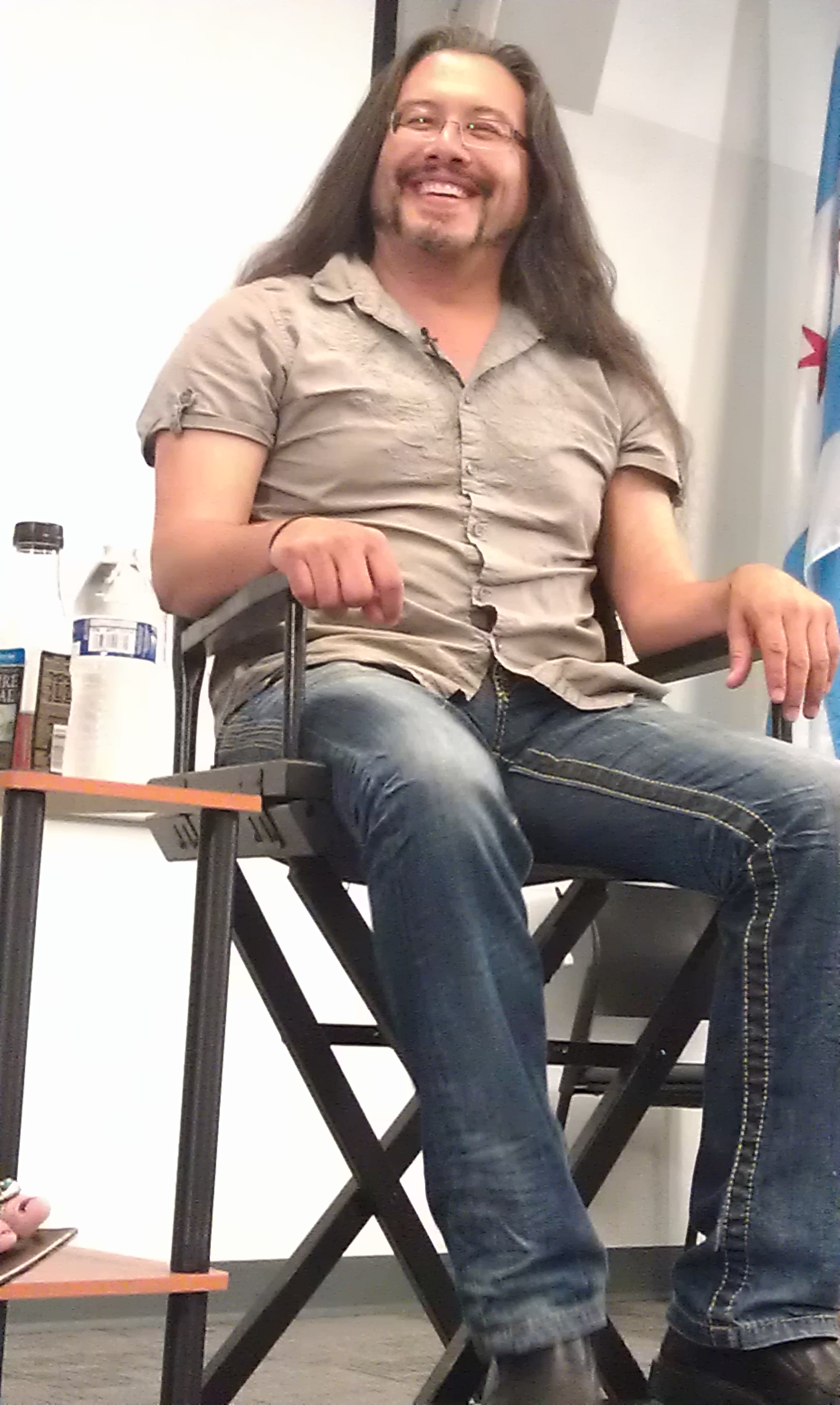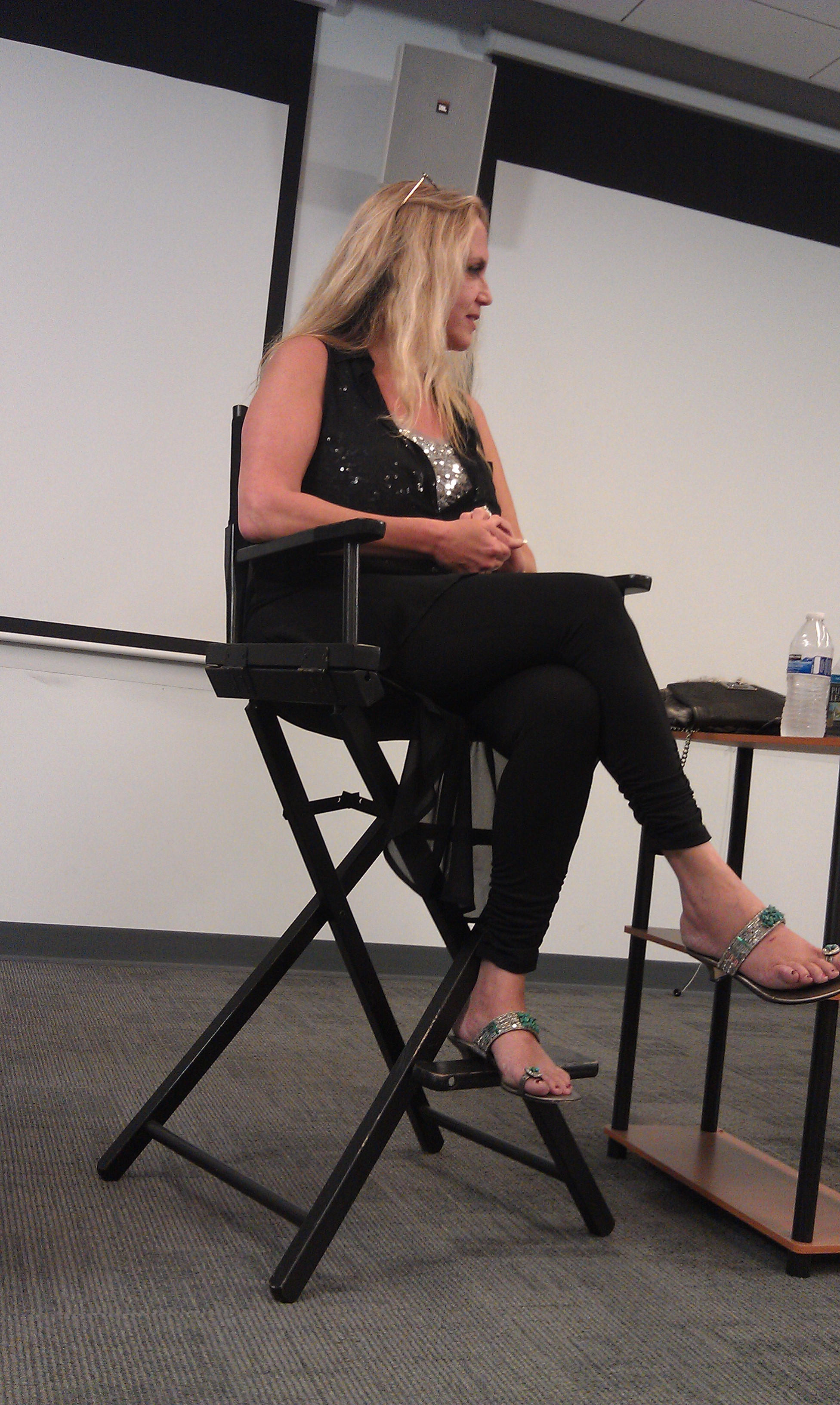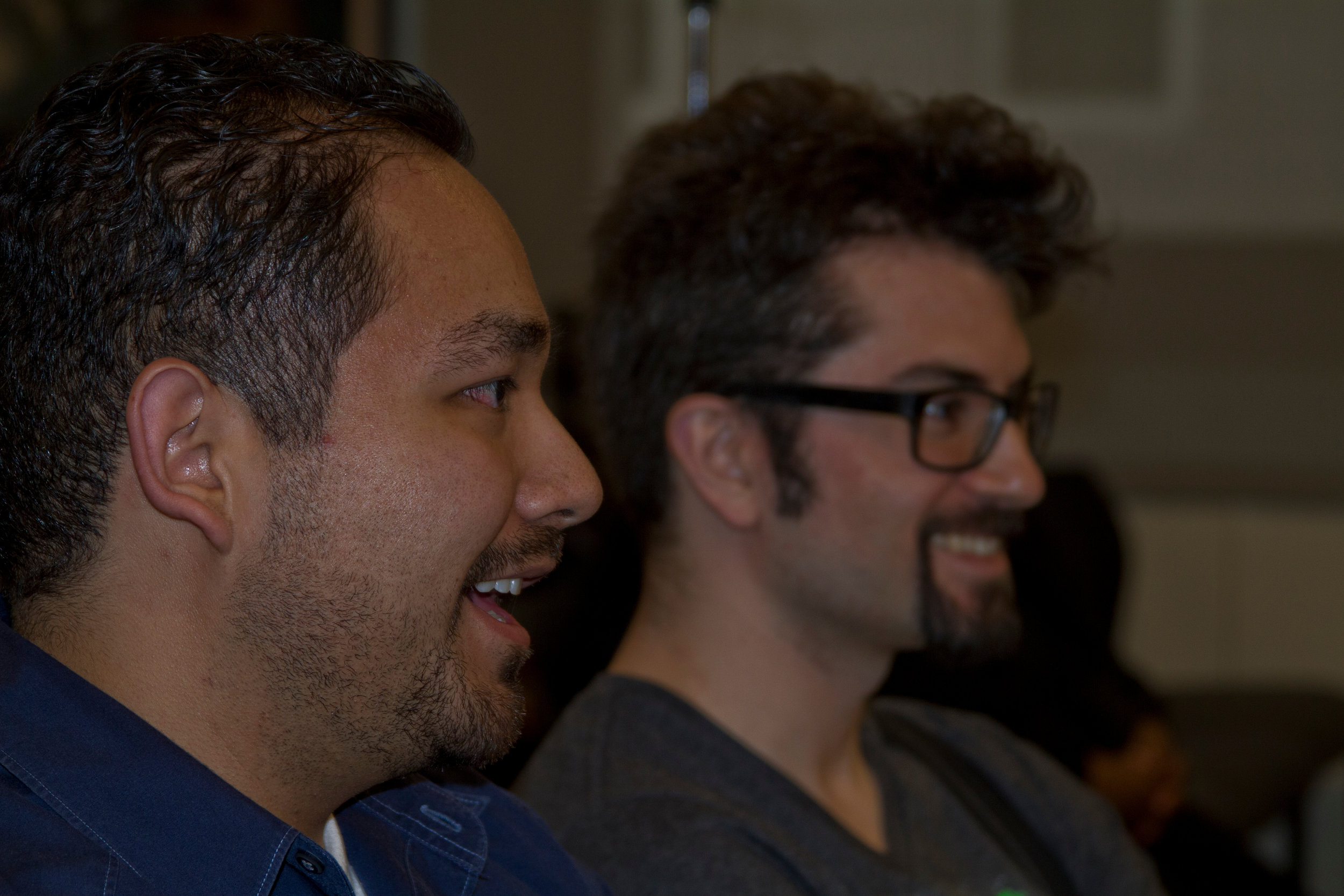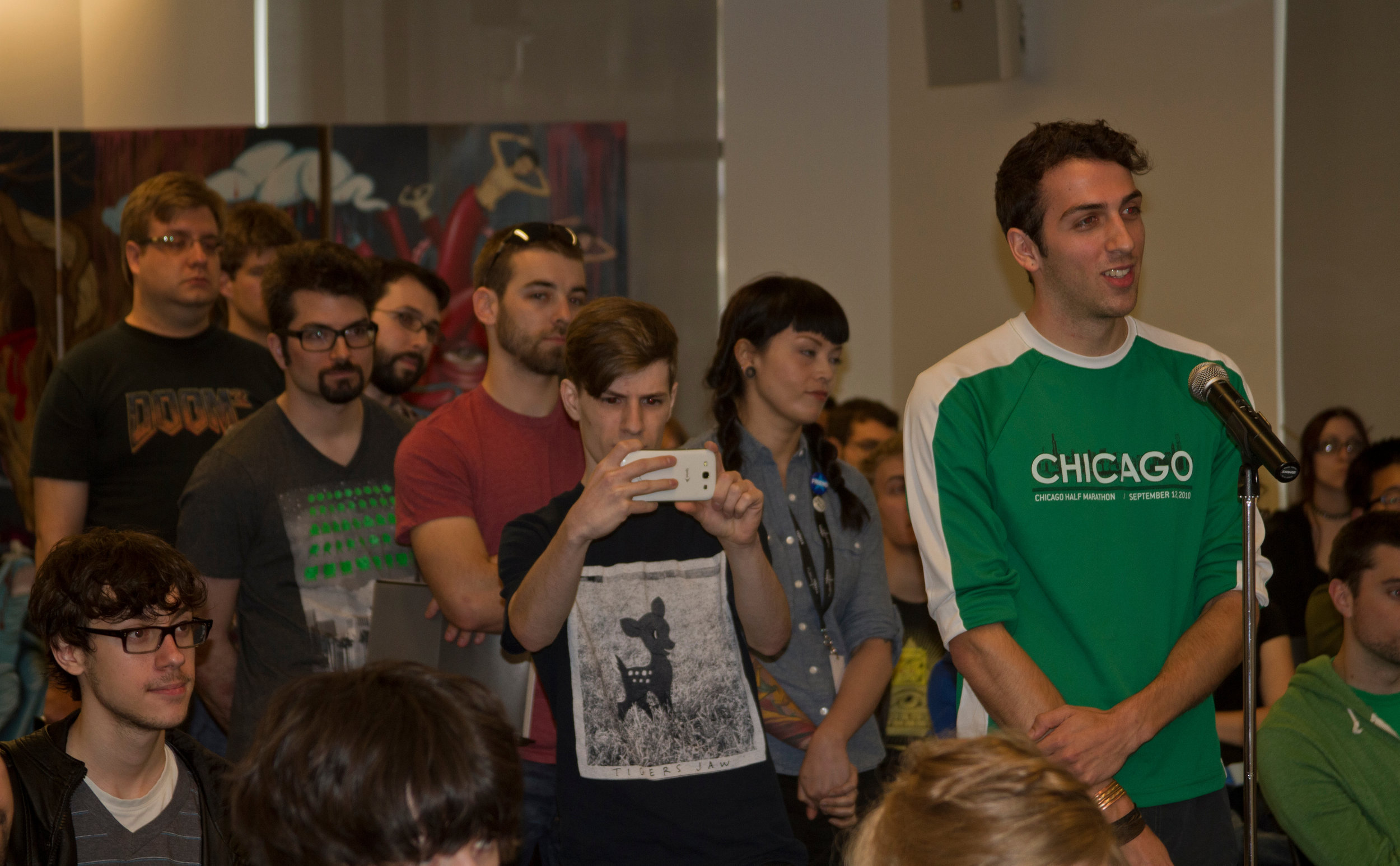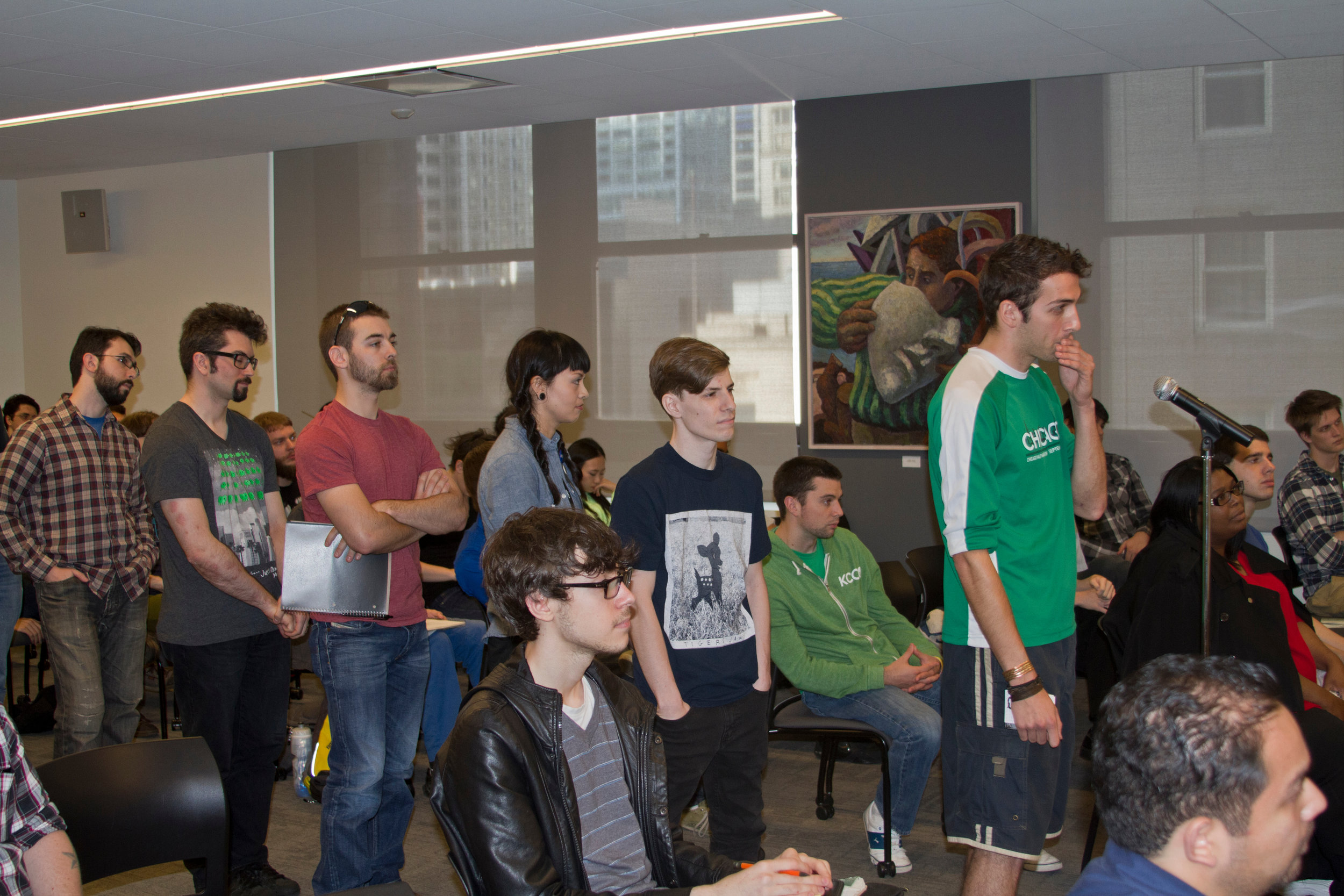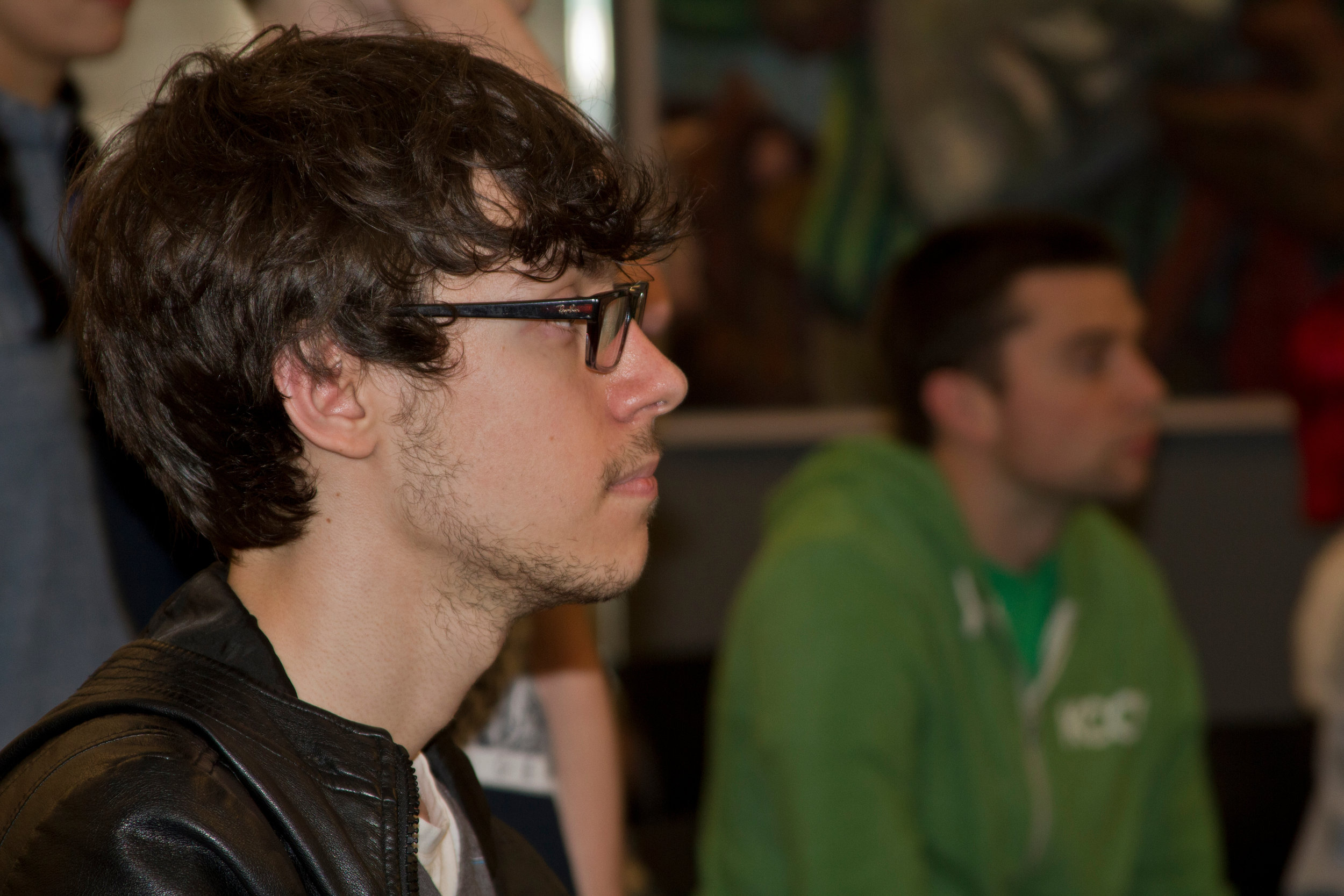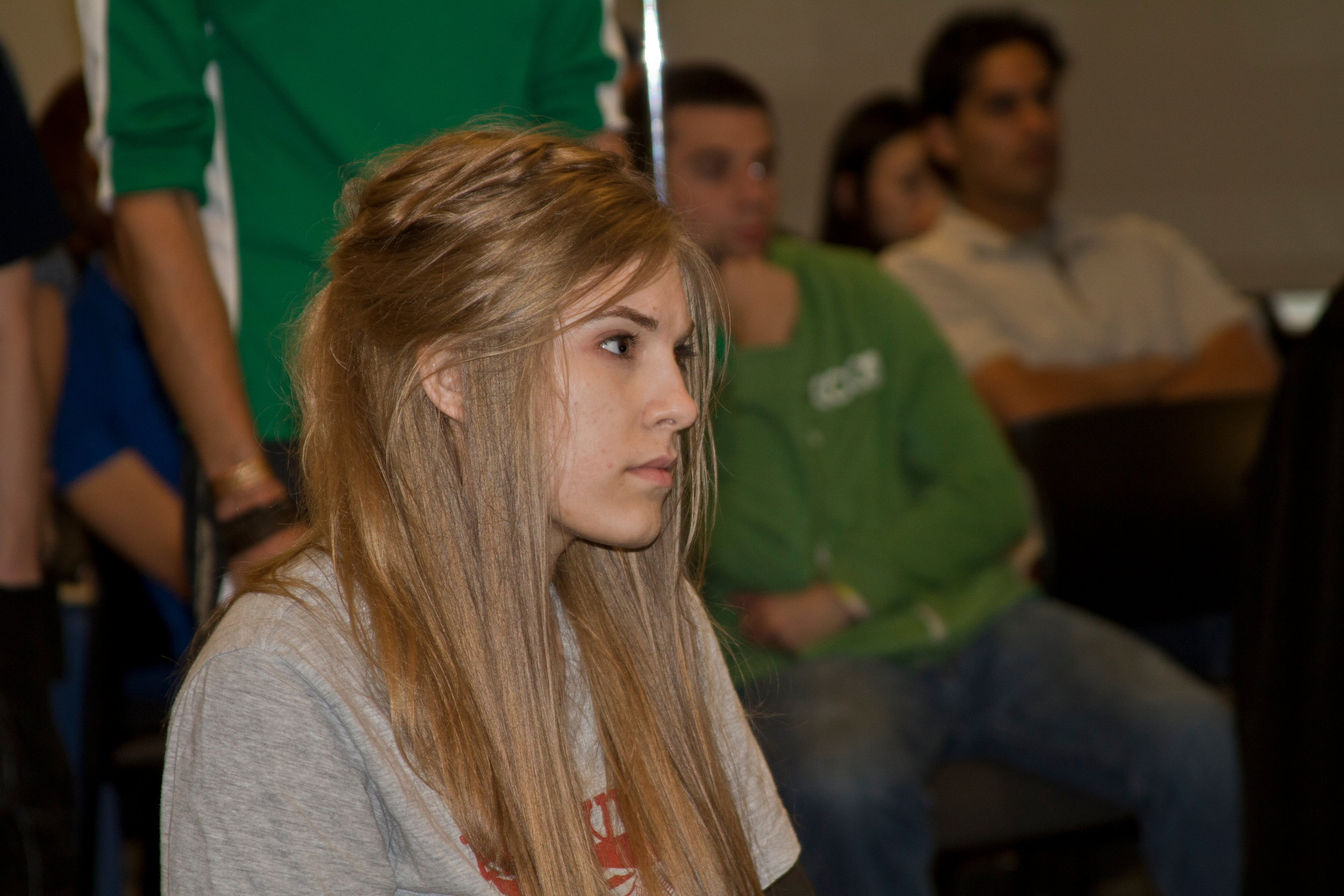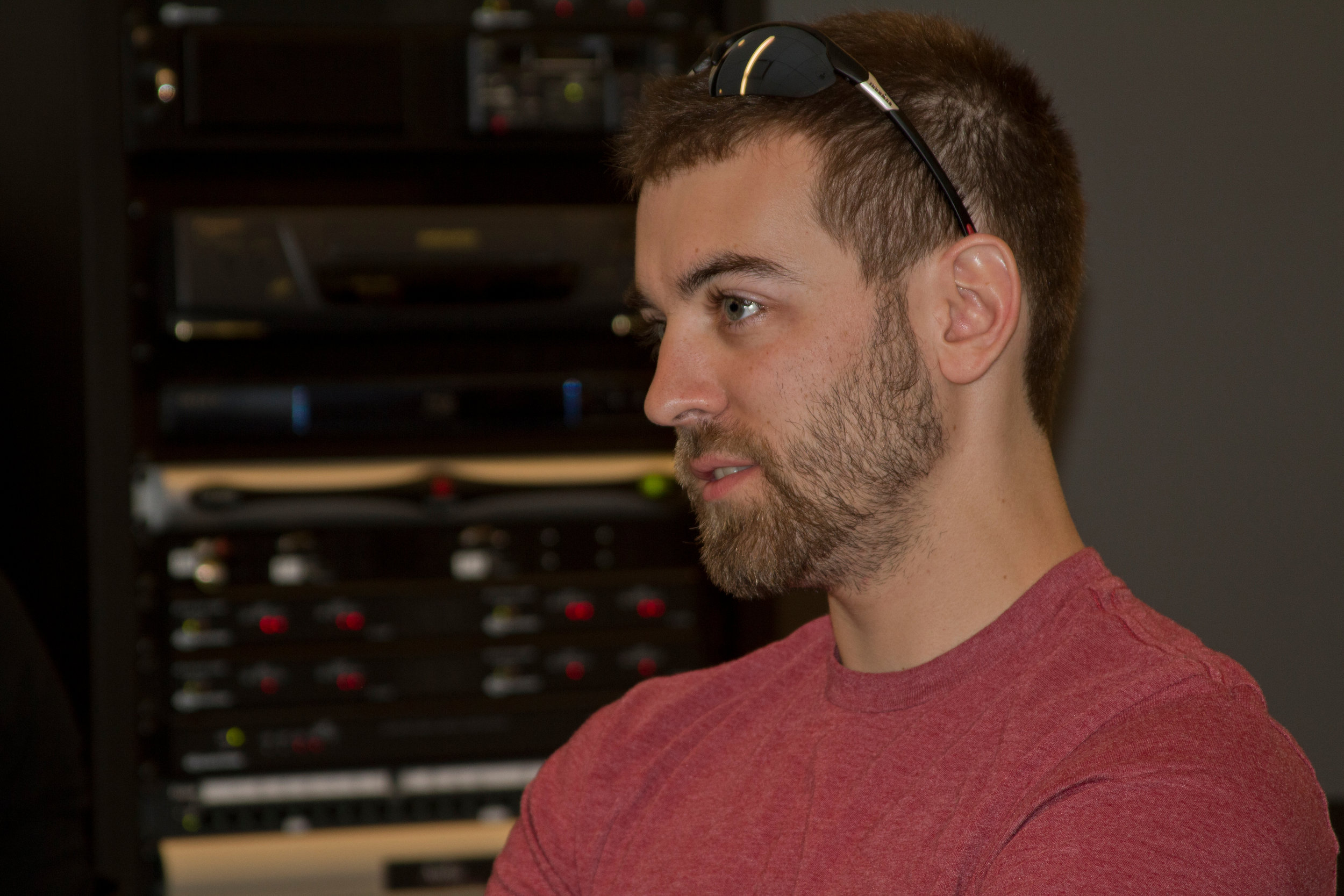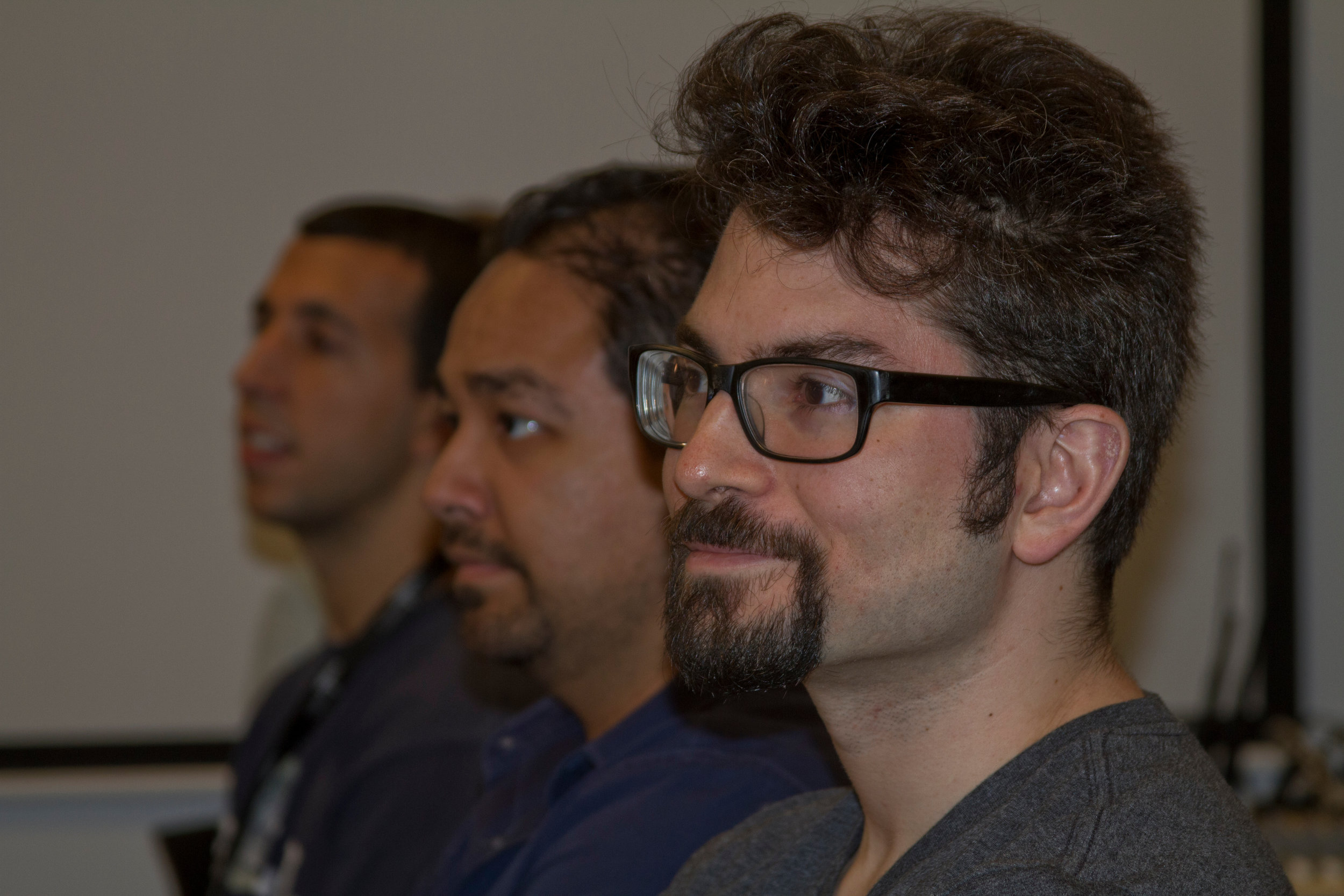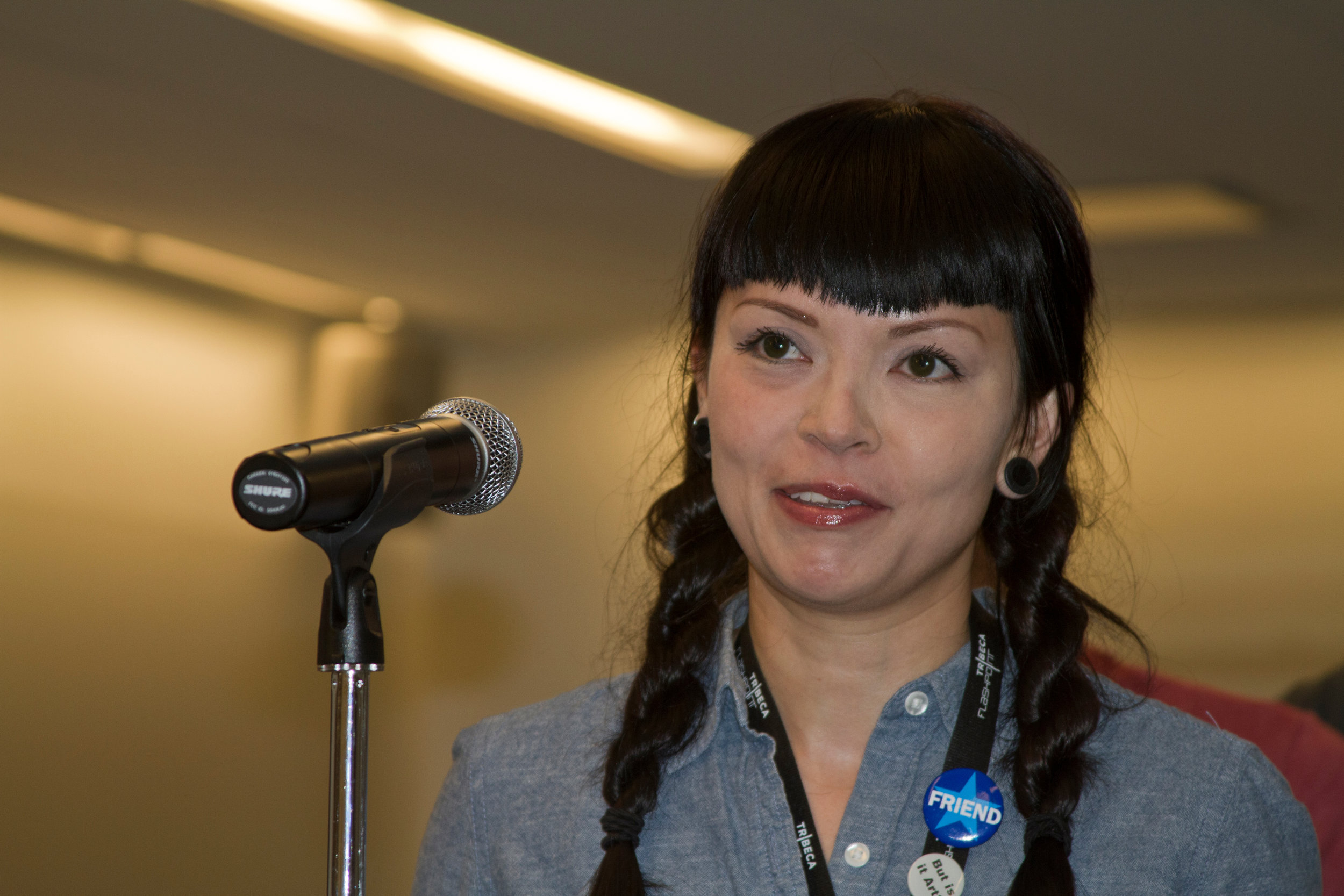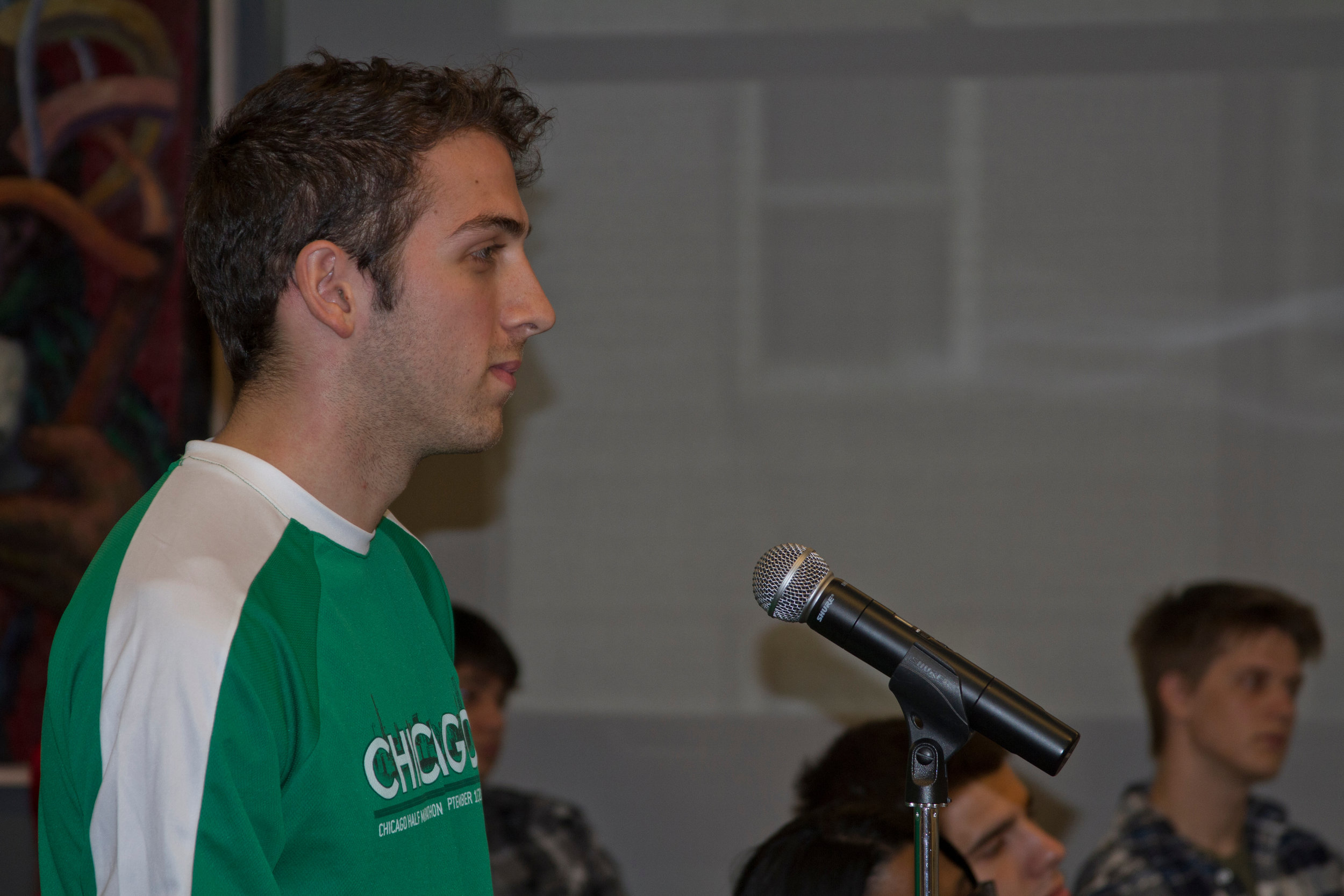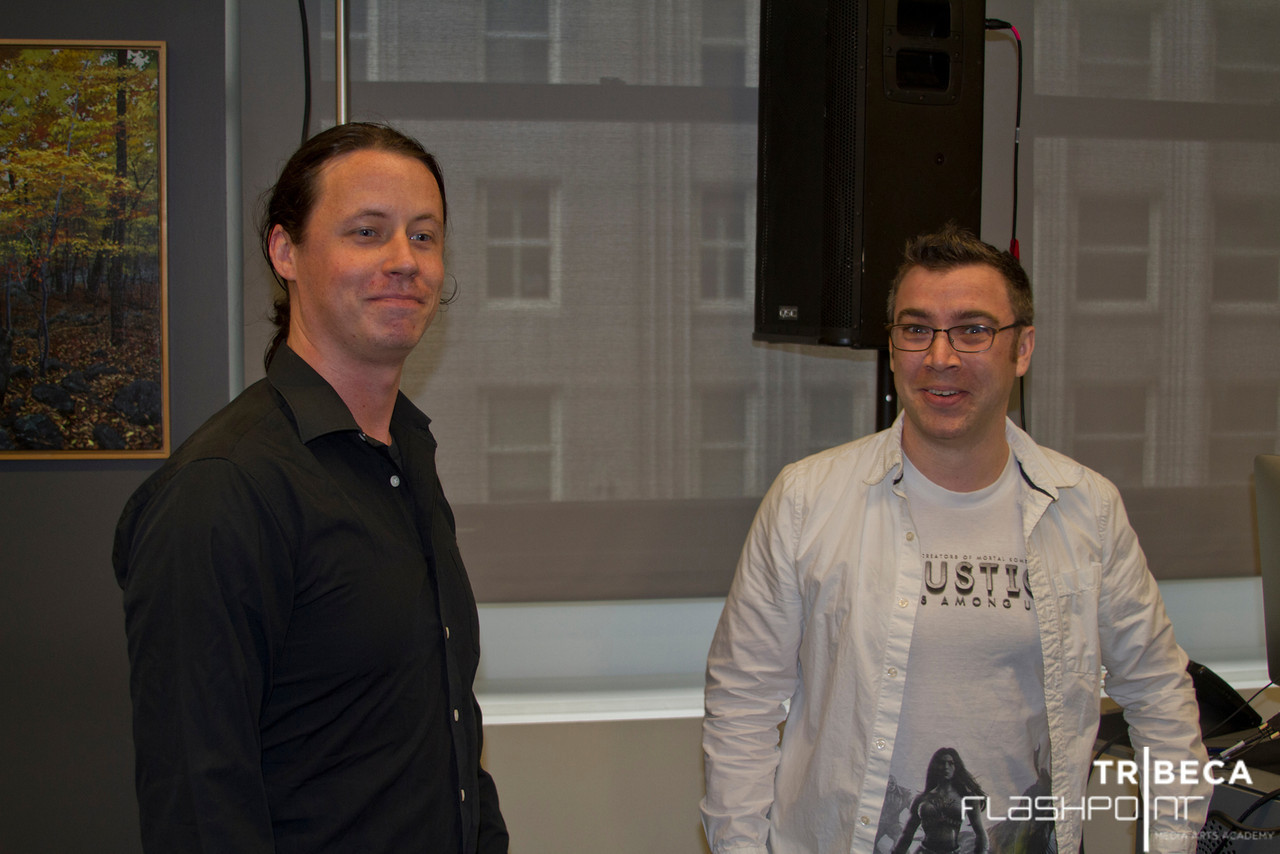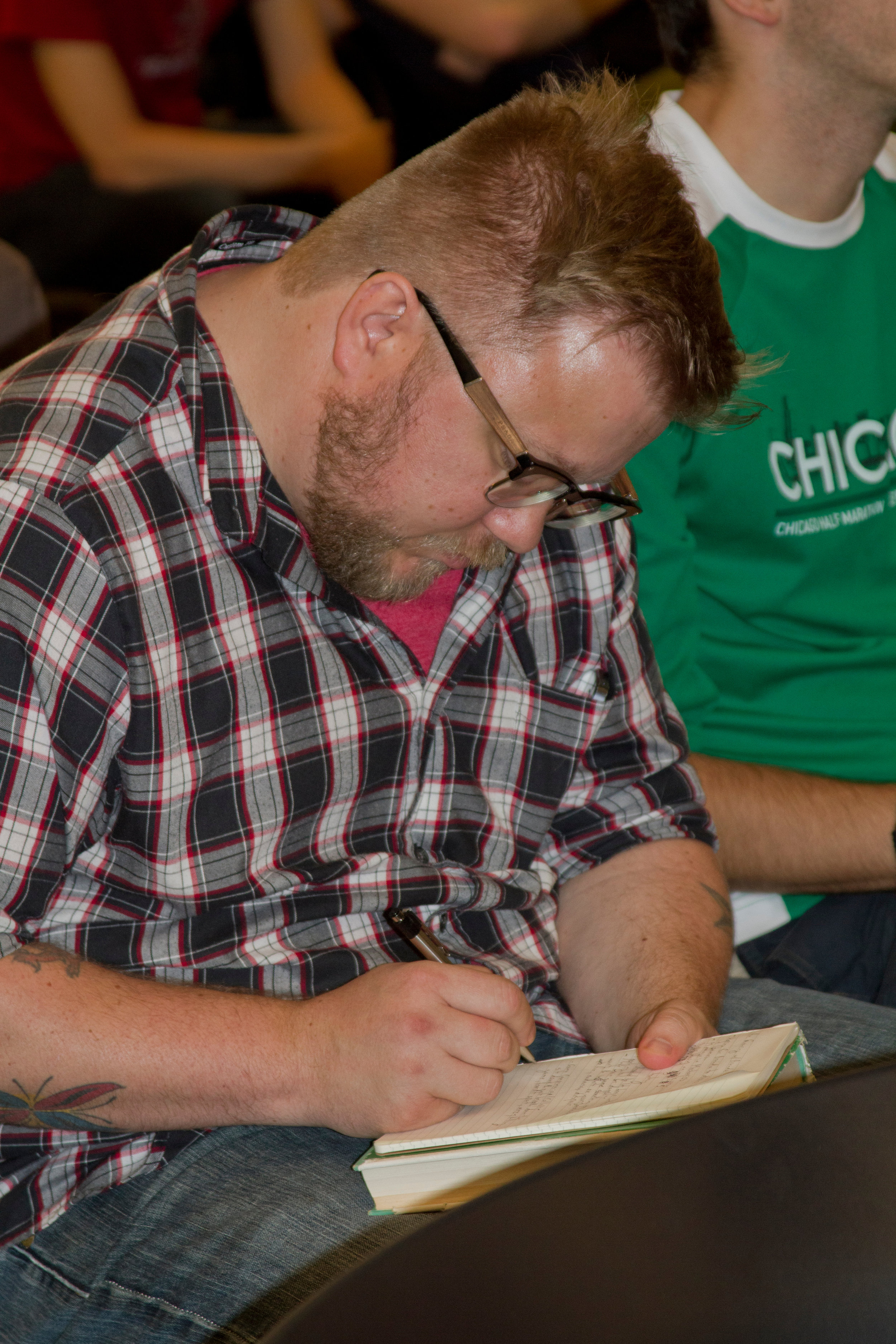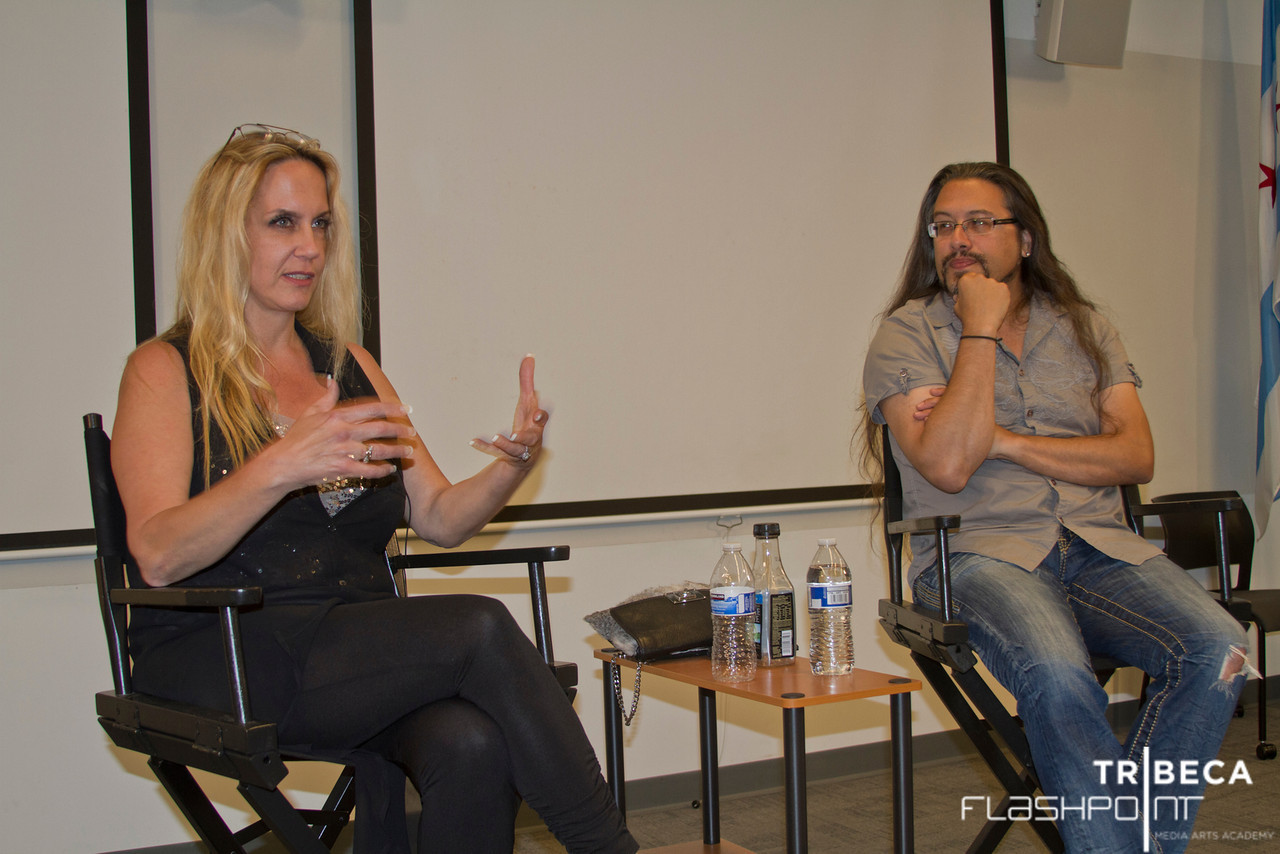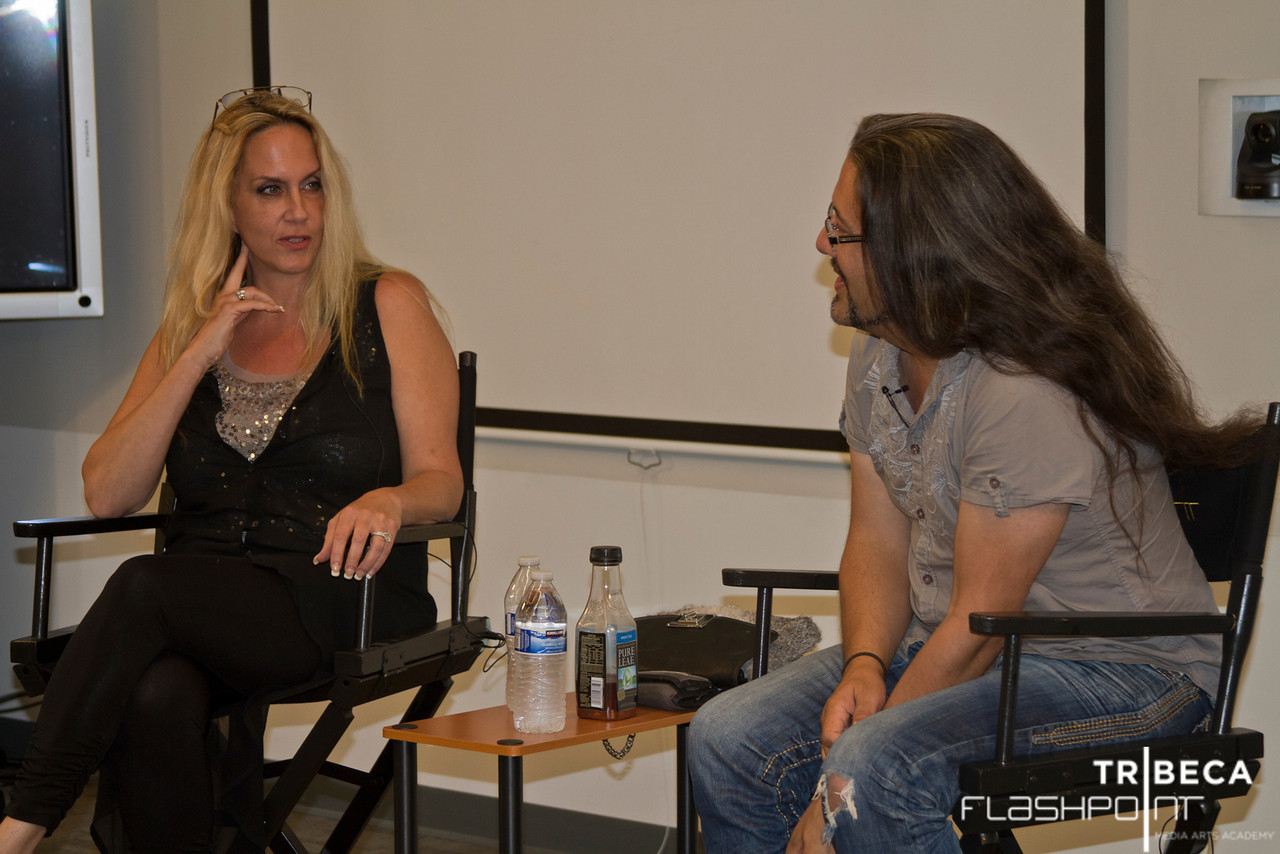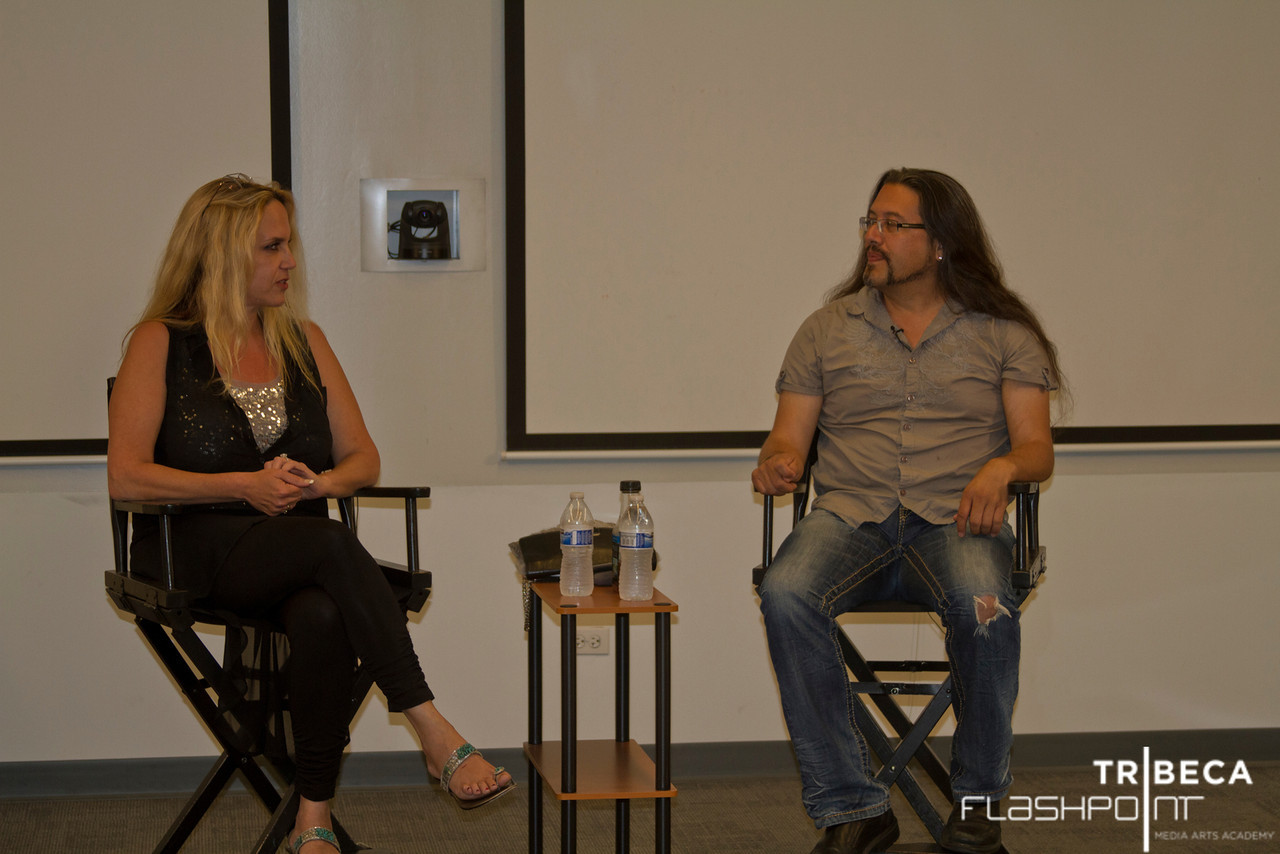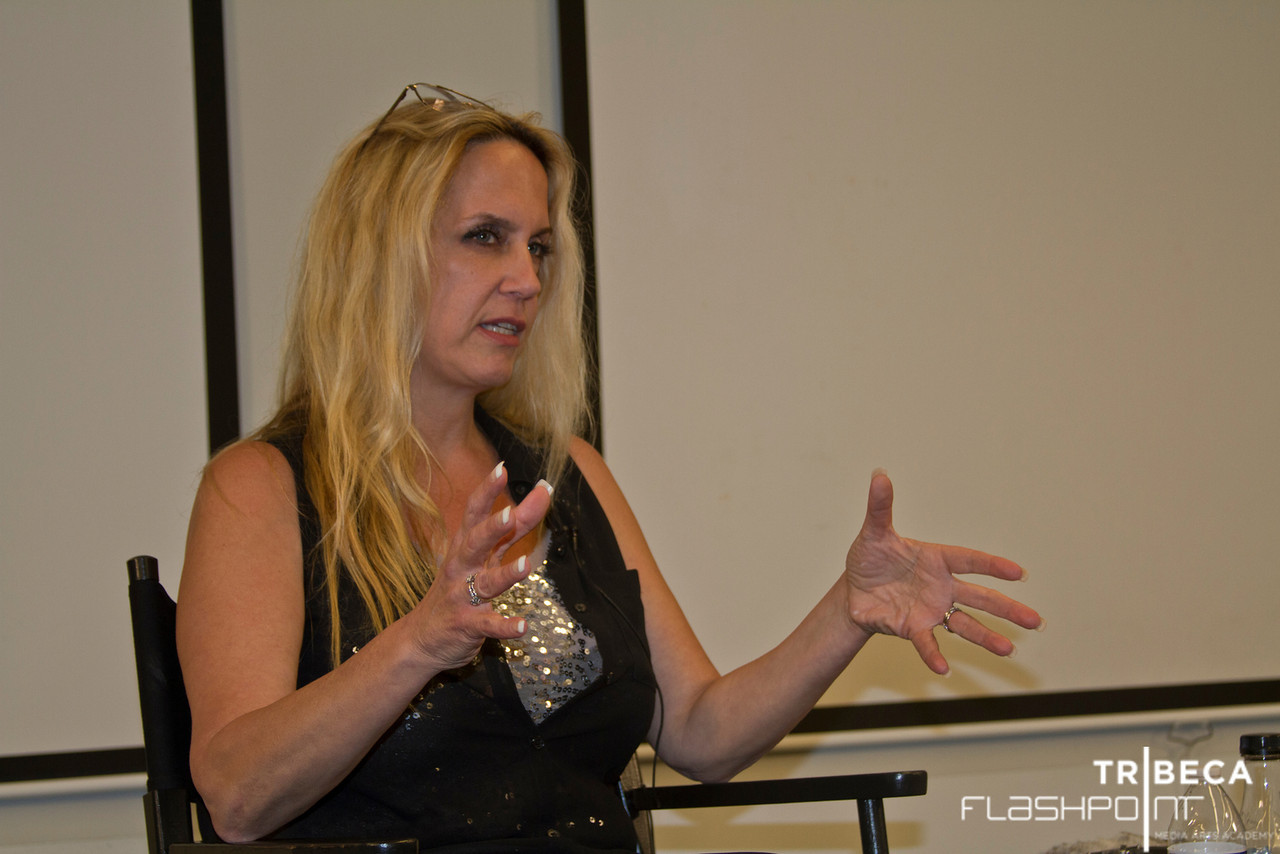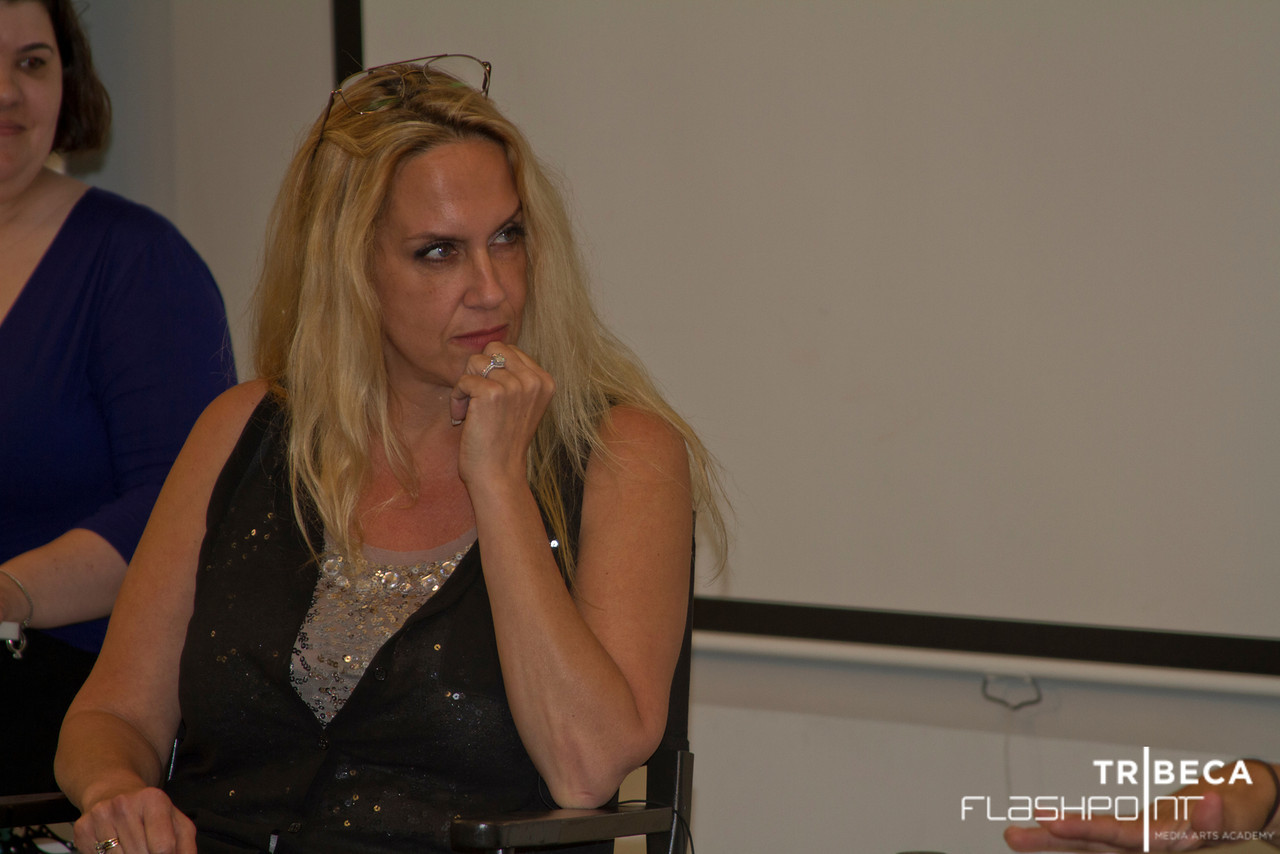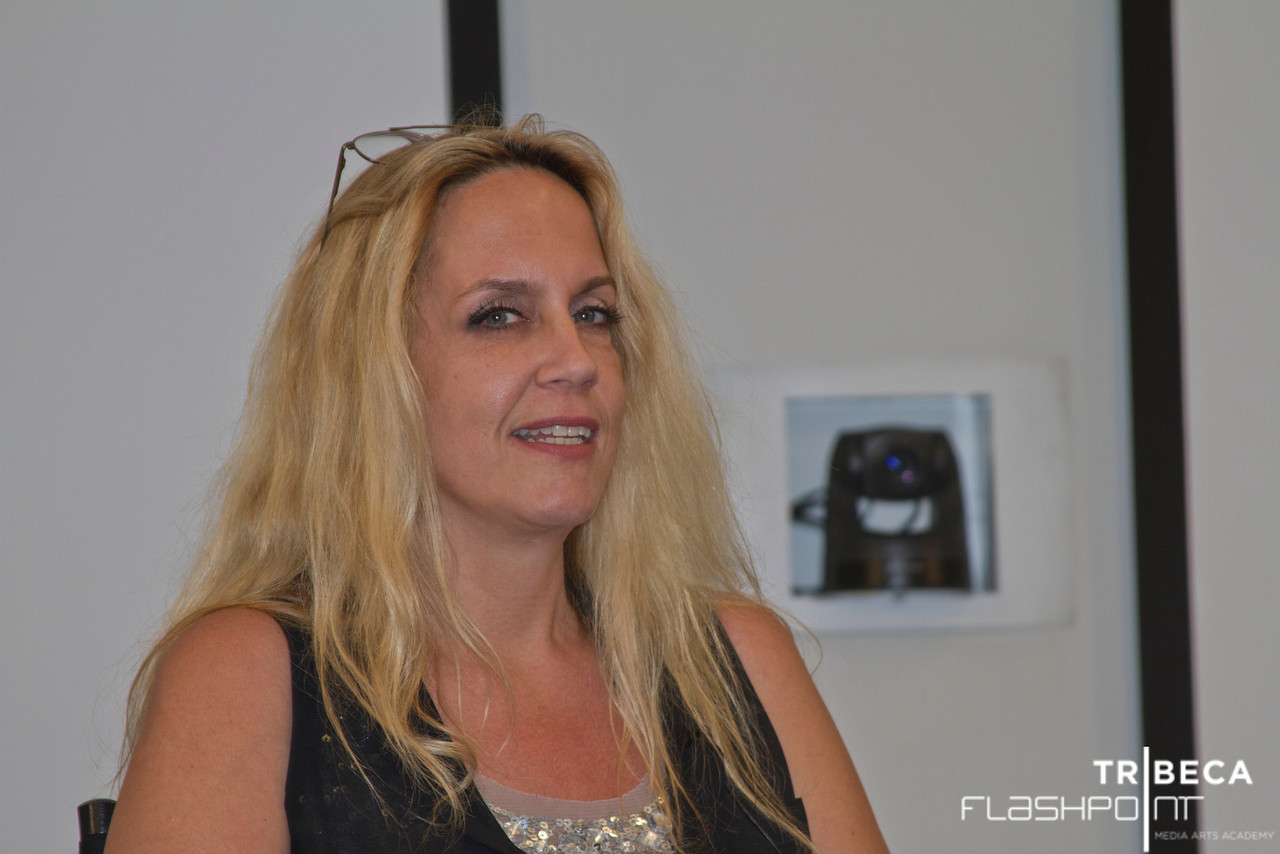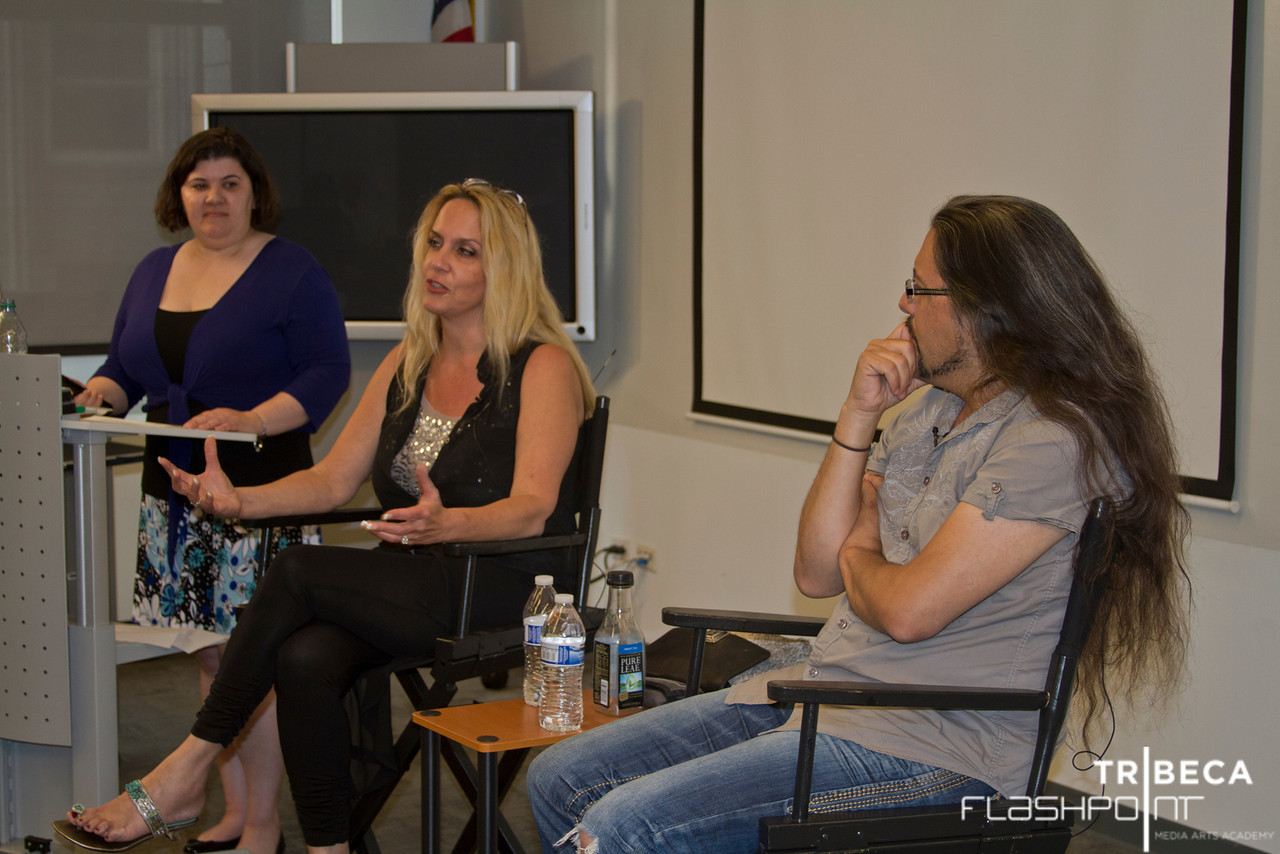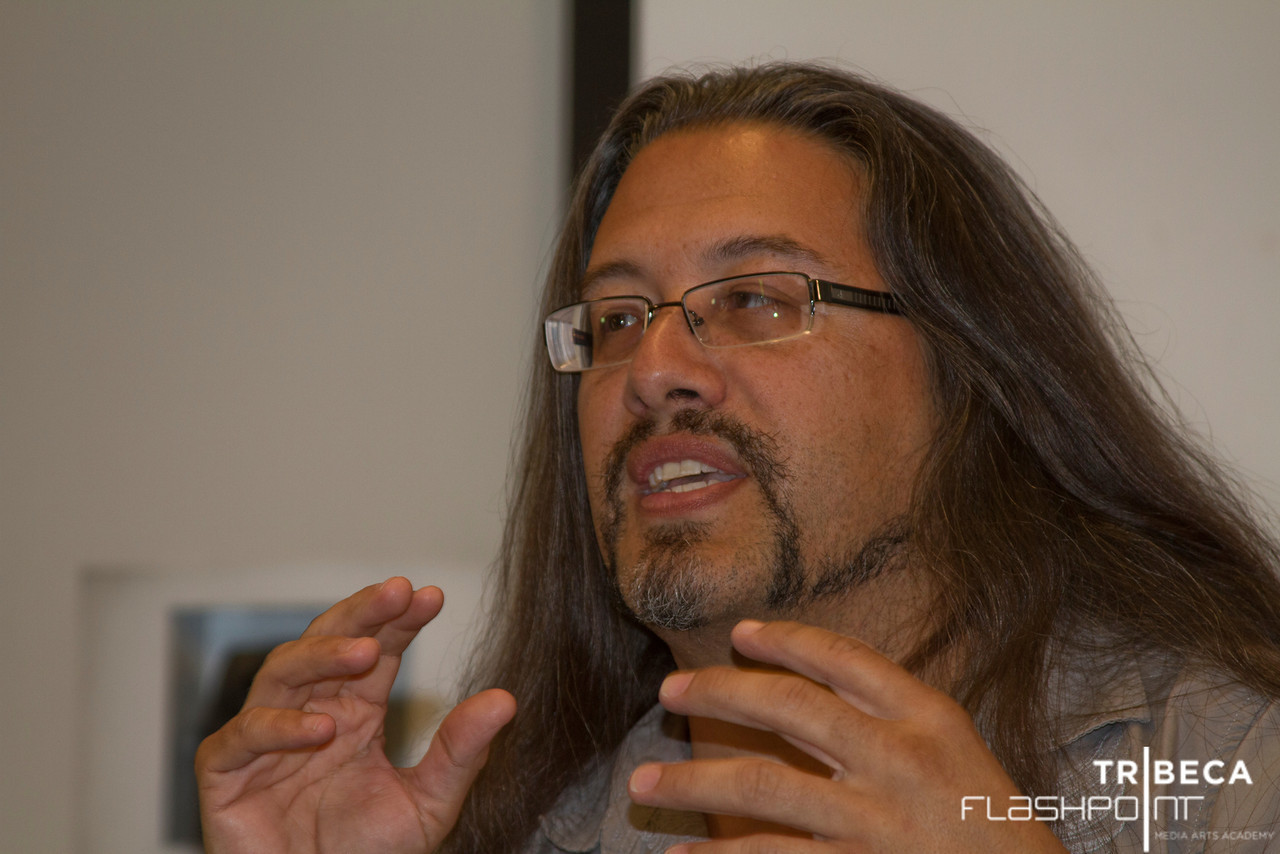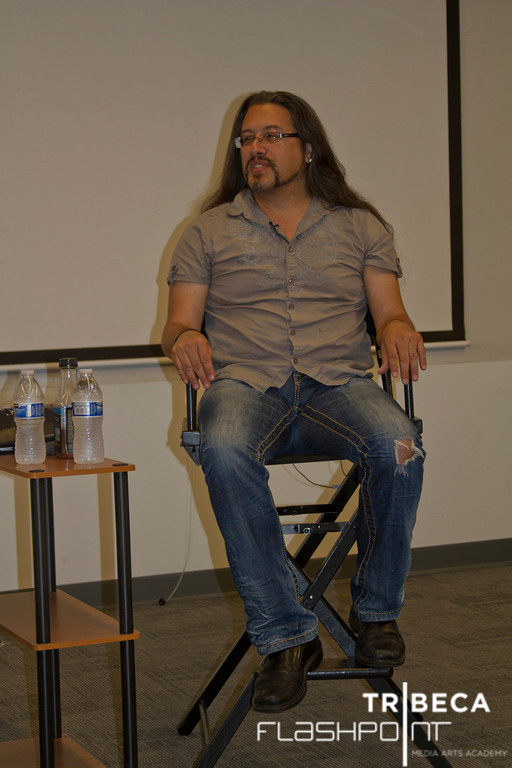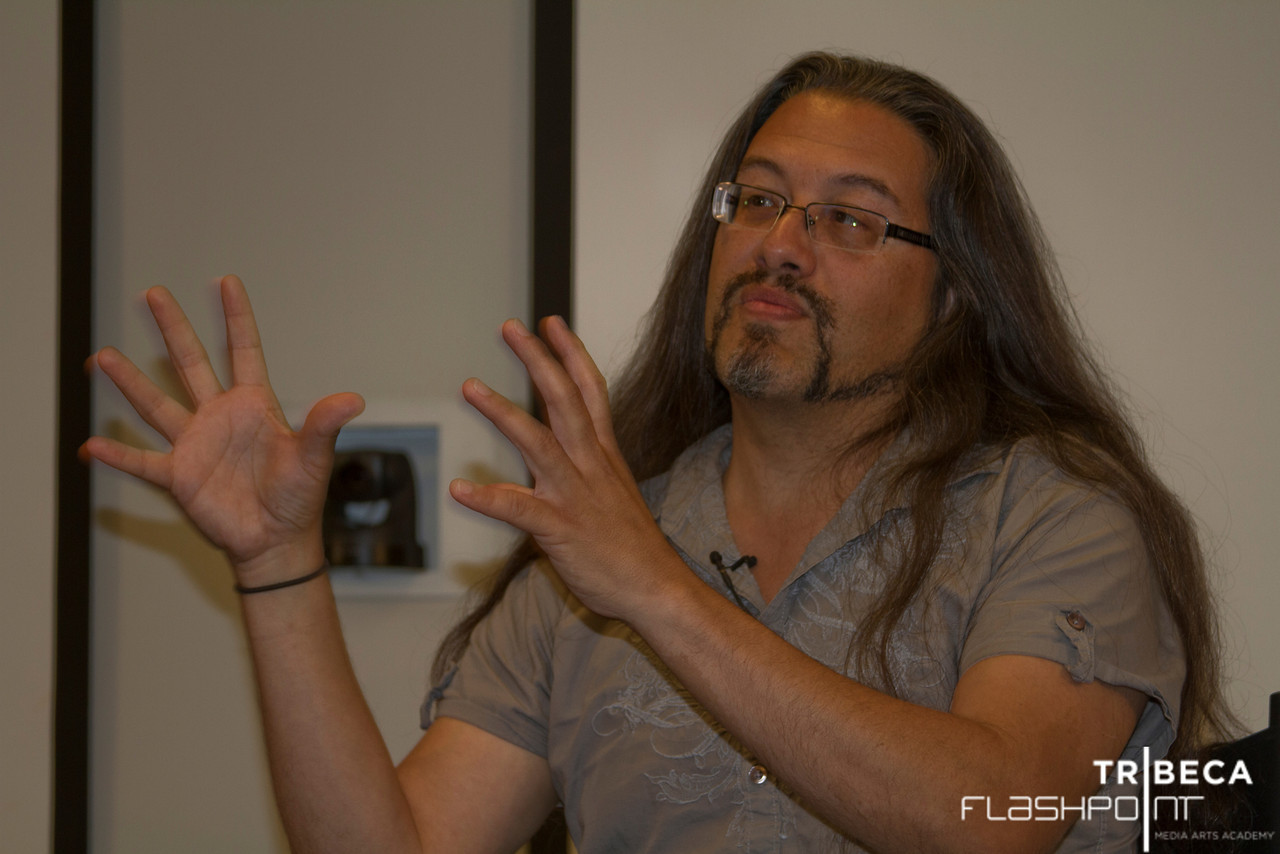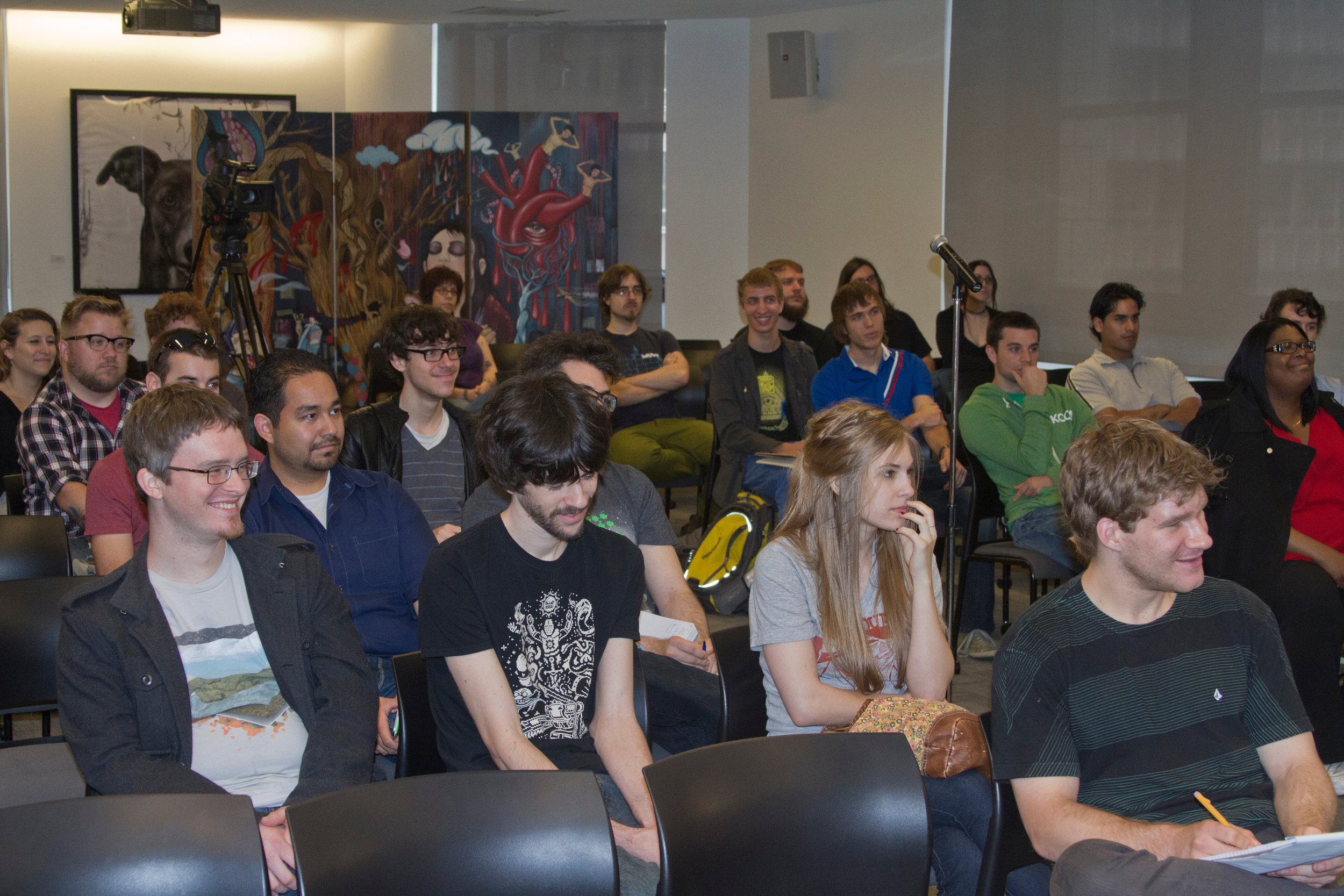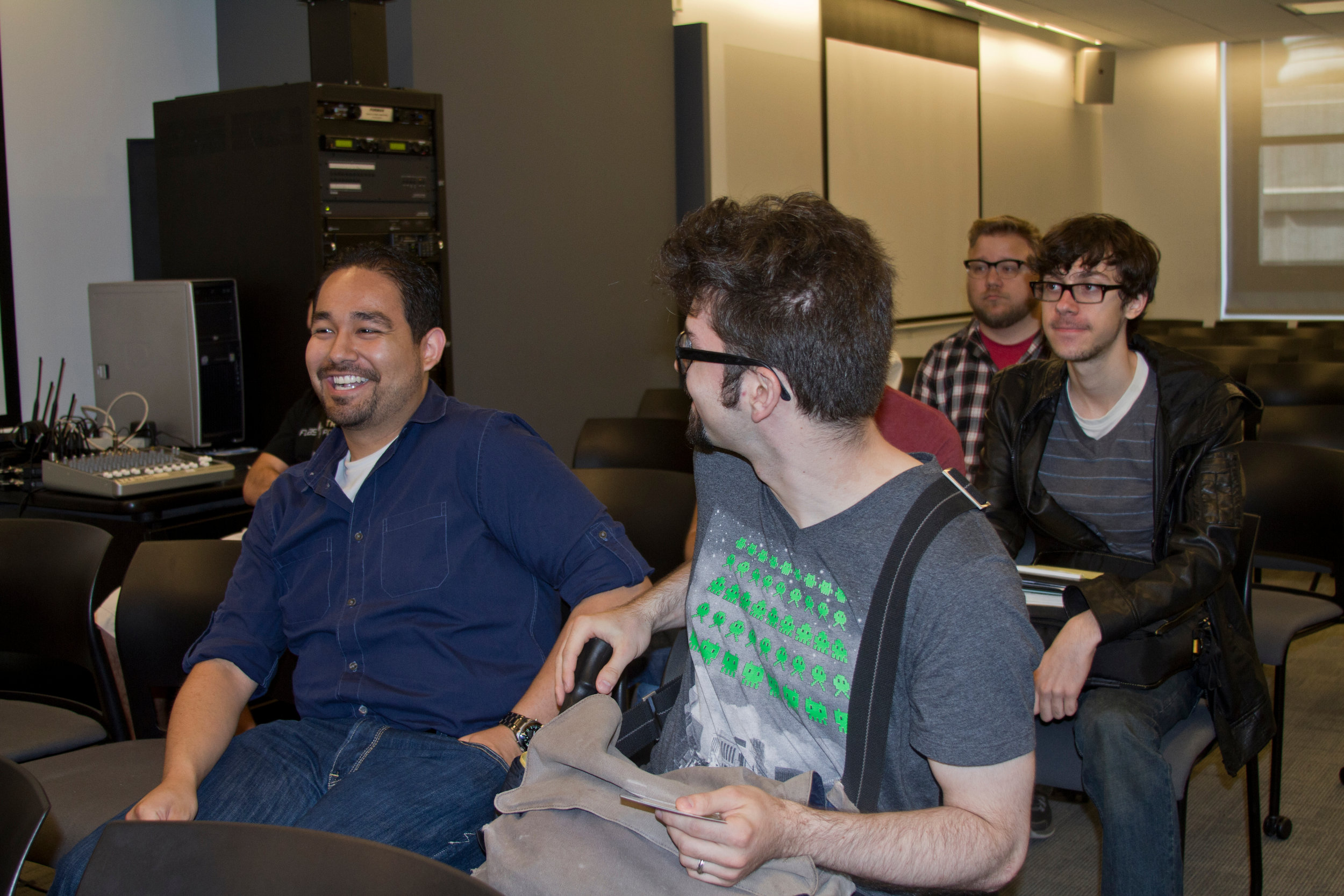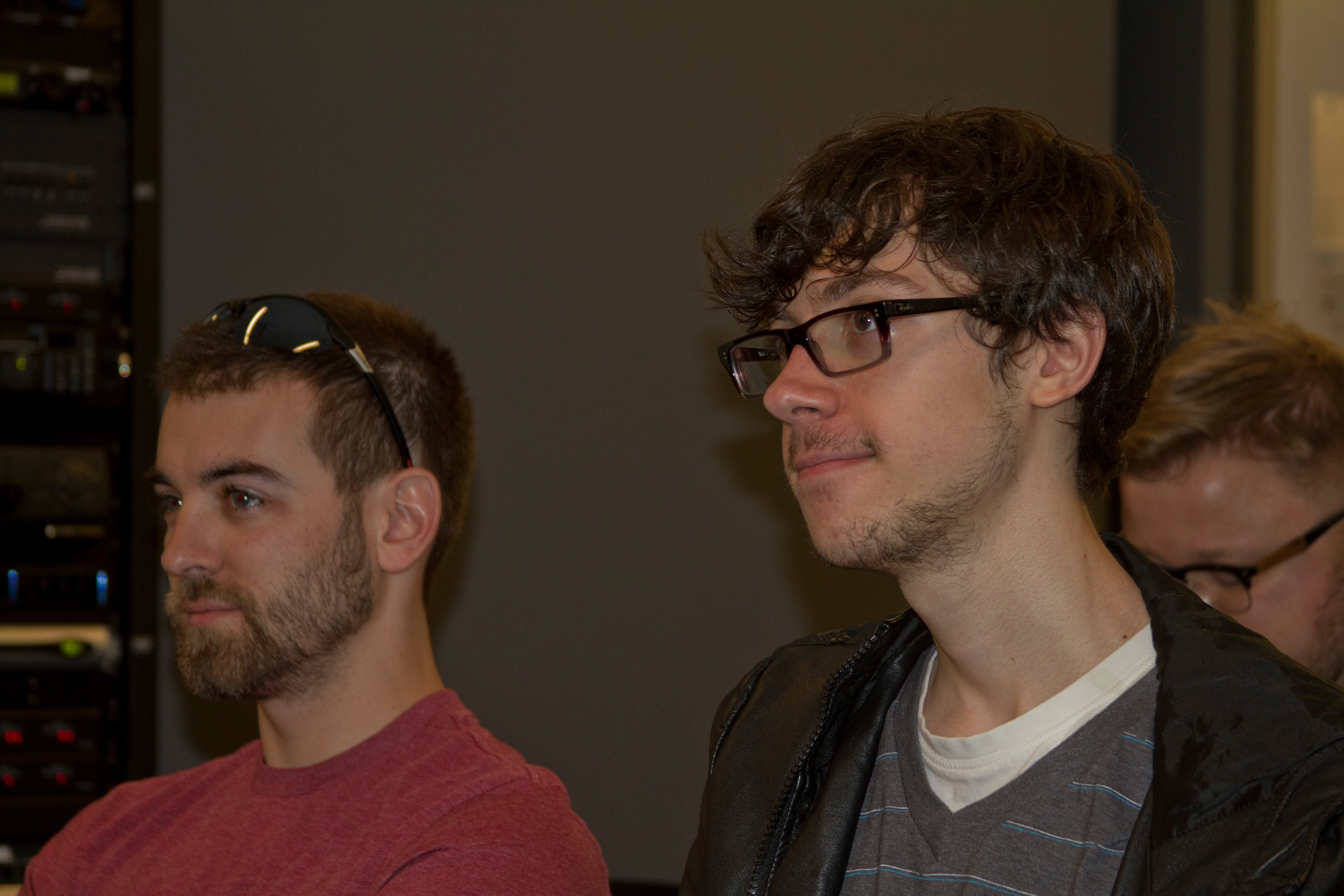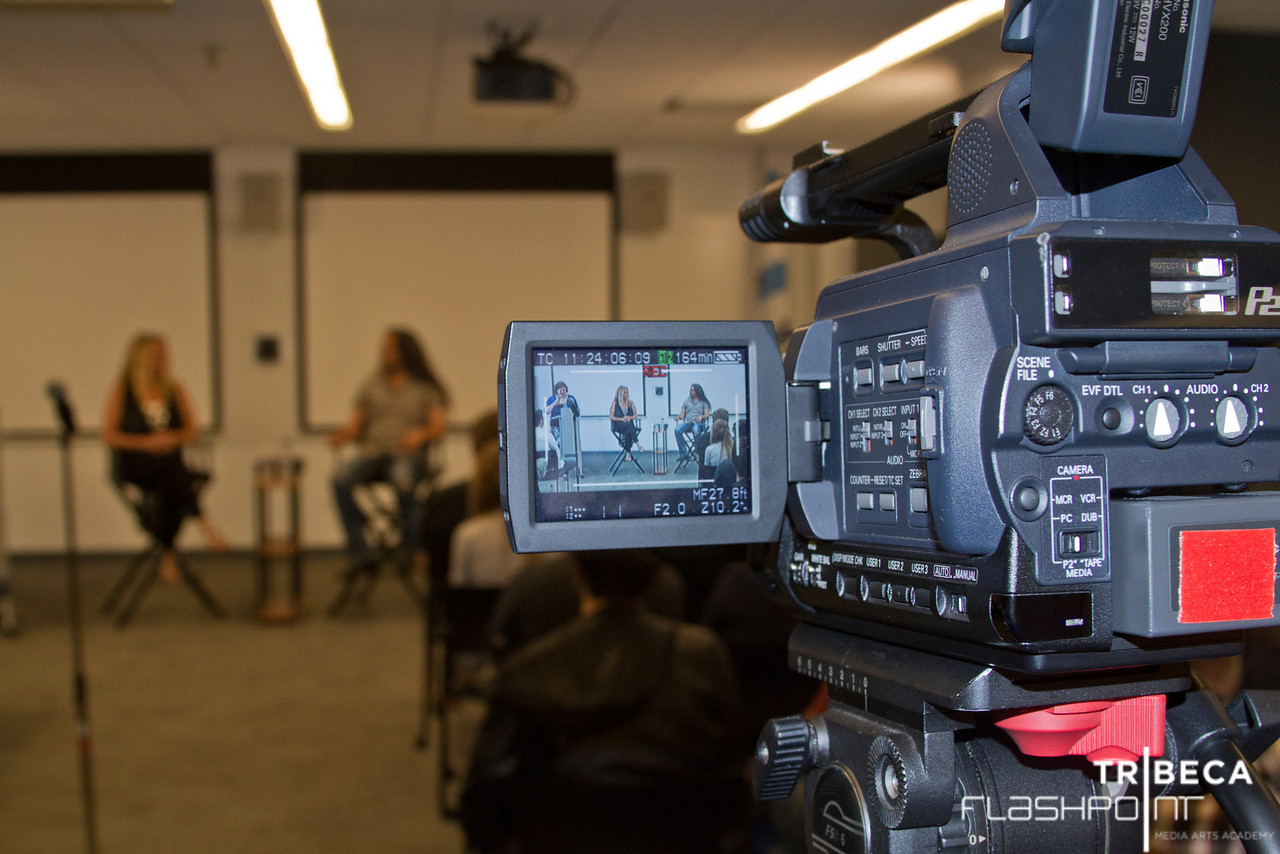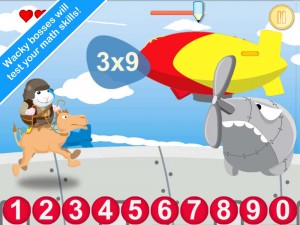Registration is still open for our June meeting: An Afternoon With Brenda and John Romero
Attendees can register here: http://afternoonwithbrendaandjohnromero.eventbrite.com/
How does the guy who made Quake tackle a new genre?
How does the designer of Train approach a new platform?
This is YOUR chance to ask!
If you have ever wanted a chance to pick the brains of two of the industry’s top game designers and entrepreneurs now is your chance to do it! This event is designed to have a large Q&A portion with questions being culled from the audience so that you have the unique opportunity to find out exactly what you want to know.
IGDA Chicago will be sending out a call for questions beforehand to those who register for this event. Almost no questions are off the table (NDAs and the like aside) so ask anything from why they chose to use a certain mechanic in a game to what it was like starting up their latest venture, Loot Drop. We will also try to make room for follow up questions to add depth as time and format permits.
A social mixer will follow the session (details forthcoming.)
About Brenda Romero and John Romero:
Between the two of them they have a combined 70+ years of experience designing games and building companies for PC, Console, Social, and Mobile across a wide array of game genres, in some cases even creating or evolving the genre as they went along.
Bios:
Brenda Romero, Game Desiginer in Residence, UC Santa Cruz
Brenda Romero (formerly Brenda Brathwaite) is an award-winning game designer, artist, writer, and creative director, who entered the video game industry in 1981 at the age of 15. Brenda has worked with a variety of digital game companies as a game designer or creative director, including Atari, Sir-tech Software, Electronic Arts, Firaxis, and numerous companies in the social media space. She also works on an award-winning series of non-digital games titled The Mechanic is the Message. So far, Train, Siochan Leat, the New World, and Pre-Conception have been released. Brenda served on the board of the International Game Developers Association (IGDA). She also serves on the advisory board of the International Center for the History of Electronic Games at the Strong Museum of Play. She also works with John Romero and The Romero Archives to record game designers discussing their game design process for historical archiving. She was named Woman of the Year by Charisma+2 Magazine in 2010, and was a nominee for Microsoft’s 2010 Women in Games game design awards. In 2009, her game Train won the coveted Vanguard Award at IndieCade for “pushing the boundaries of game design and showing us what games can do.” She was named one of the top 20 most influential women in the game industry by Gamasutra.com in 2008, and of the 100 most influential women in the game industry by Next Generation magazine in 2007. Nerve magazine also called her one of the 50 artists, actors, authors, activists, and icons who are making the world a more stimulating place.
John Romero, CEO, Loot Drop
John Romero is a game designer, programmer, artist and sequential artist whose work spans over 130 games, 107 of which have been published commercially, including the iconic works Wolfenstein 3D, Doom and Quake. His contributions and philanthropy within the commercial game industry have led to a myriad of inspired games and the founding of 10 companies.
Romero’s design innovations include intuitive and immersive 3D-level design, game balance and overall progression for both single-player and multi-player. He pioneered the first-person shooter genre and his works remain the seminal texts for those practicing game-level design. He was also instrumental in the promoting of cybersports from LAN parties to DWANGO to the Cyberathlete Professional League.
One of the earliest “indie” developers, Romero began working in the game space in 1979 on mainframes before moving to the Apple II in 1981. He is a completely self-taught programmer, designer and artist, having drawn his inspirations from early Apple II programmers, including the likes of Nasir Gebelli, Richard Garriott, Bill Budge and Tony Suzuki.
Romero’s current areas of interest are social online games and massively multi-player online (MMO) games. He is presently a co-founder and Chief Creative Officer of Loot Drop, founded in November 2010. Romero also remains active in the artgame, game history and indie space.
Links about Brenda and John:
http://en.wikipedia.org/wiki/John_Romero
http://en.wikipedia.org/wiki/Brenda_Brathwaite
http://lootdrop.com/
http://romero.com/
